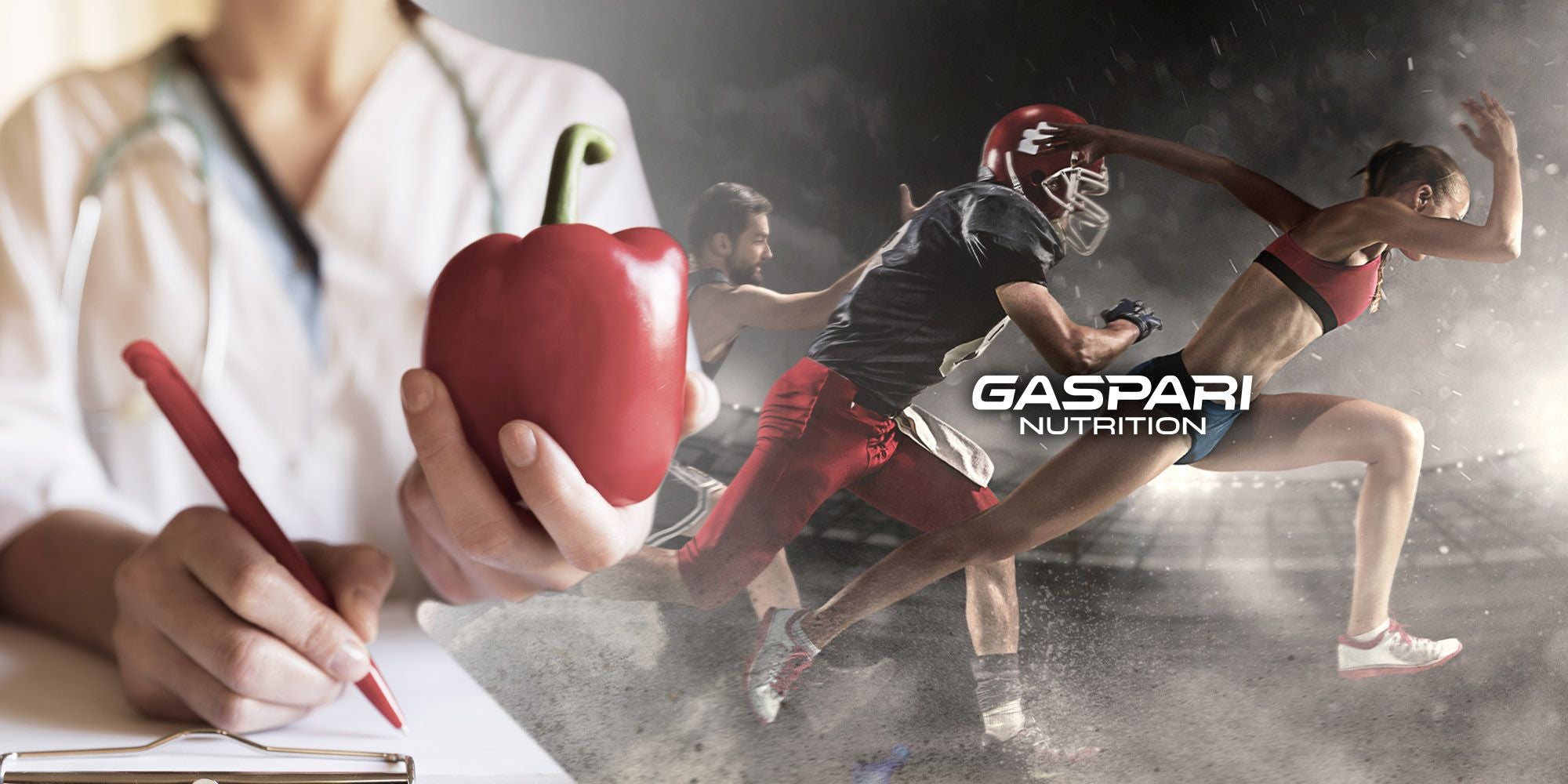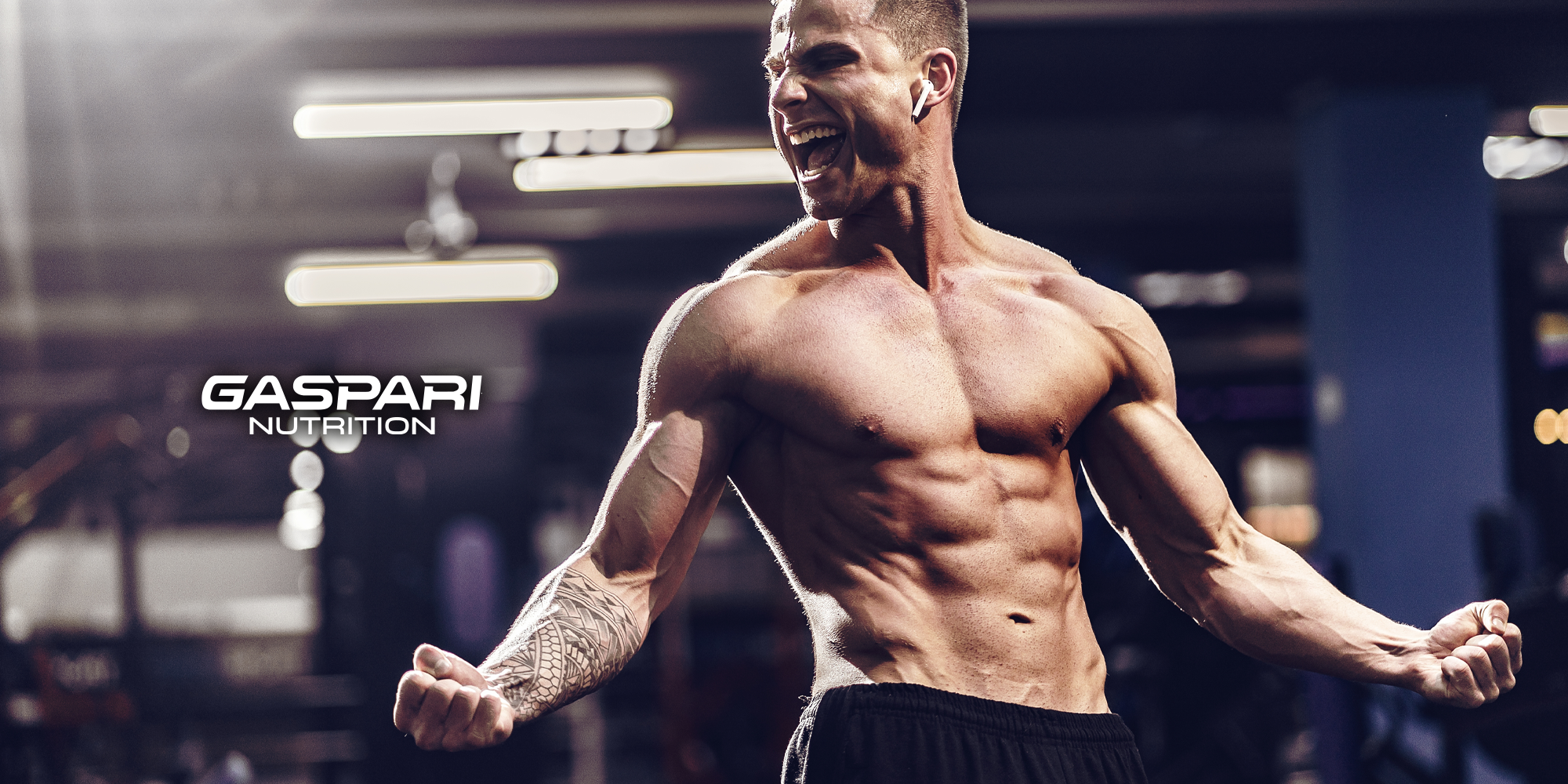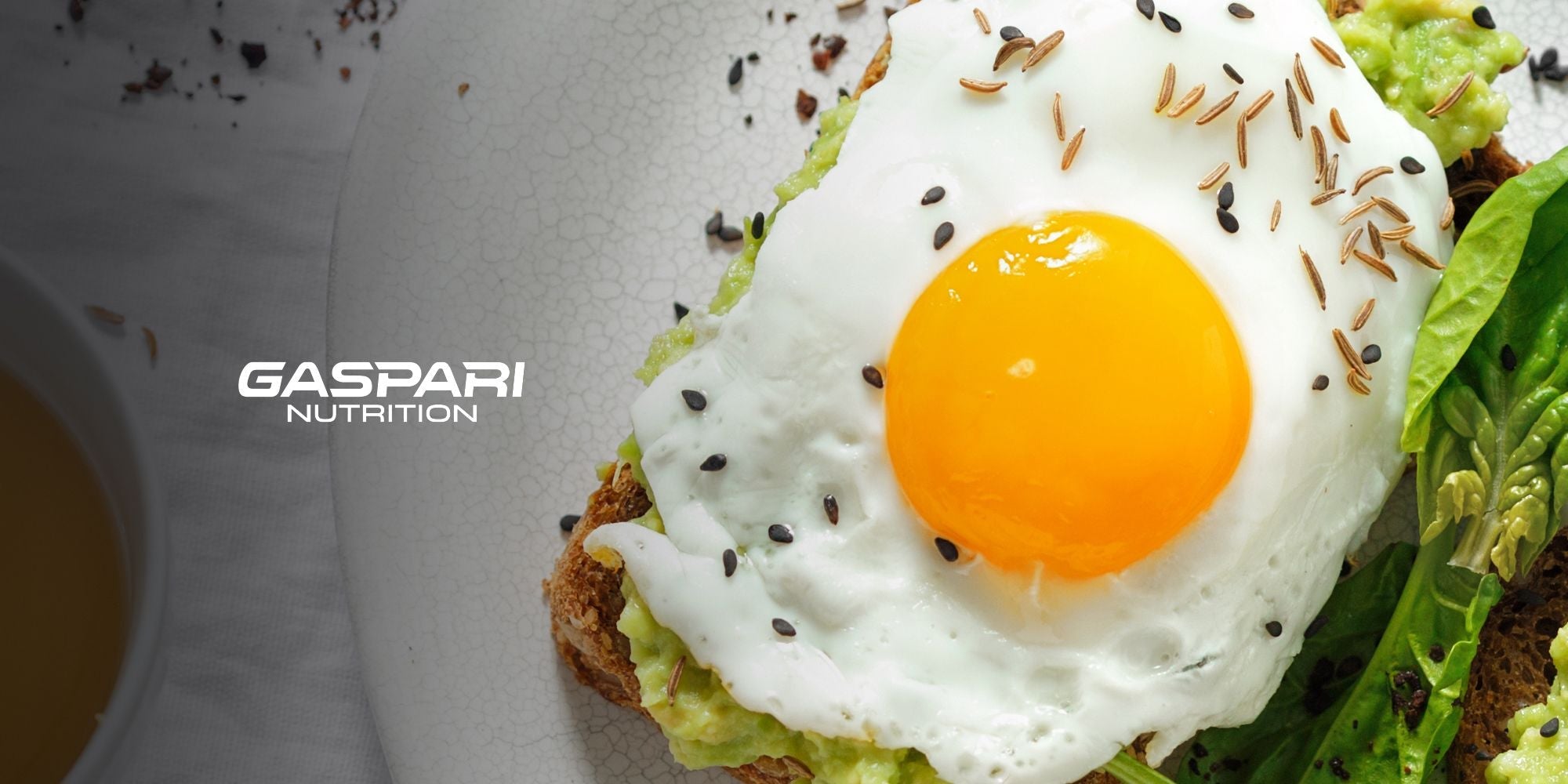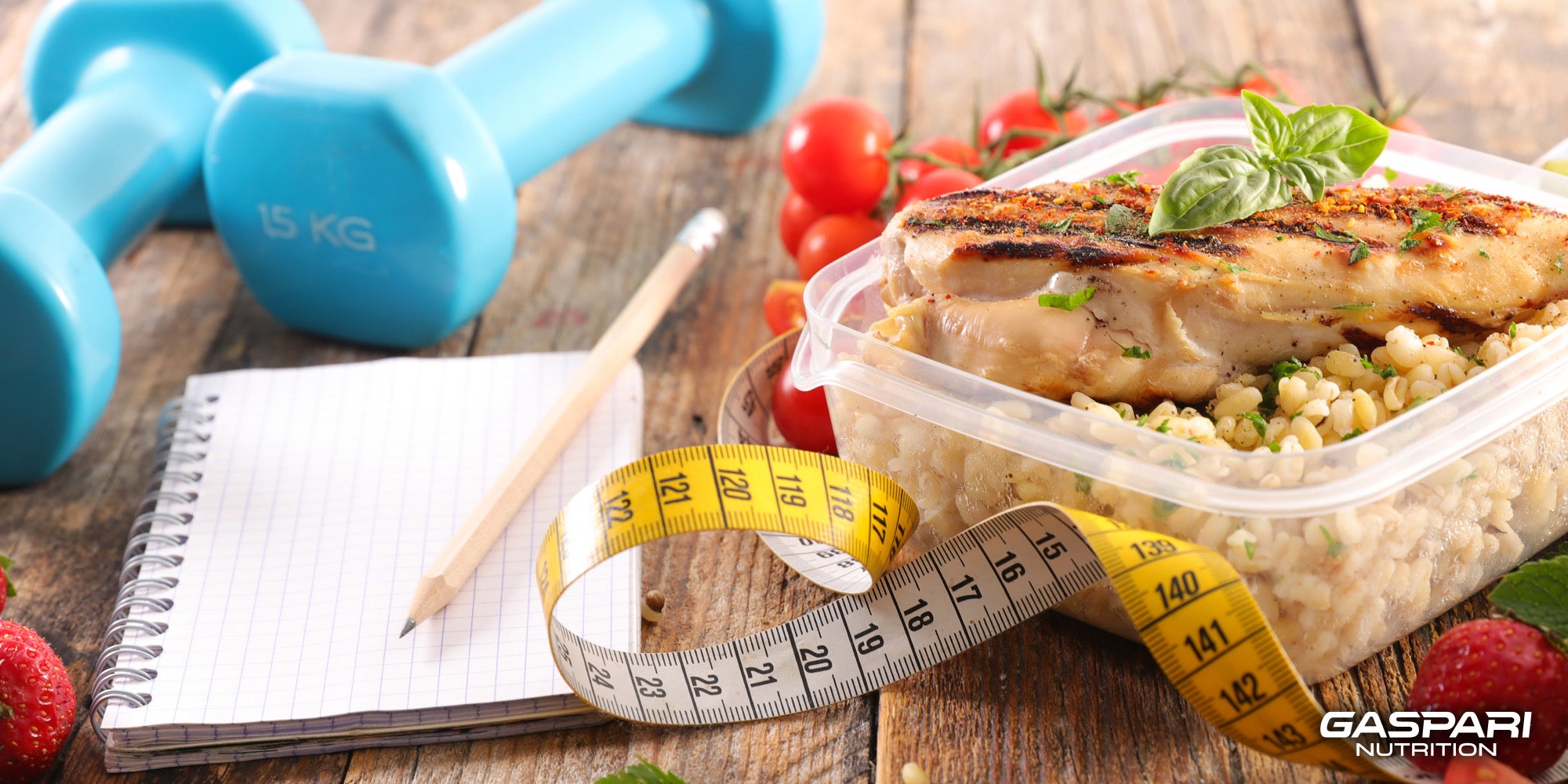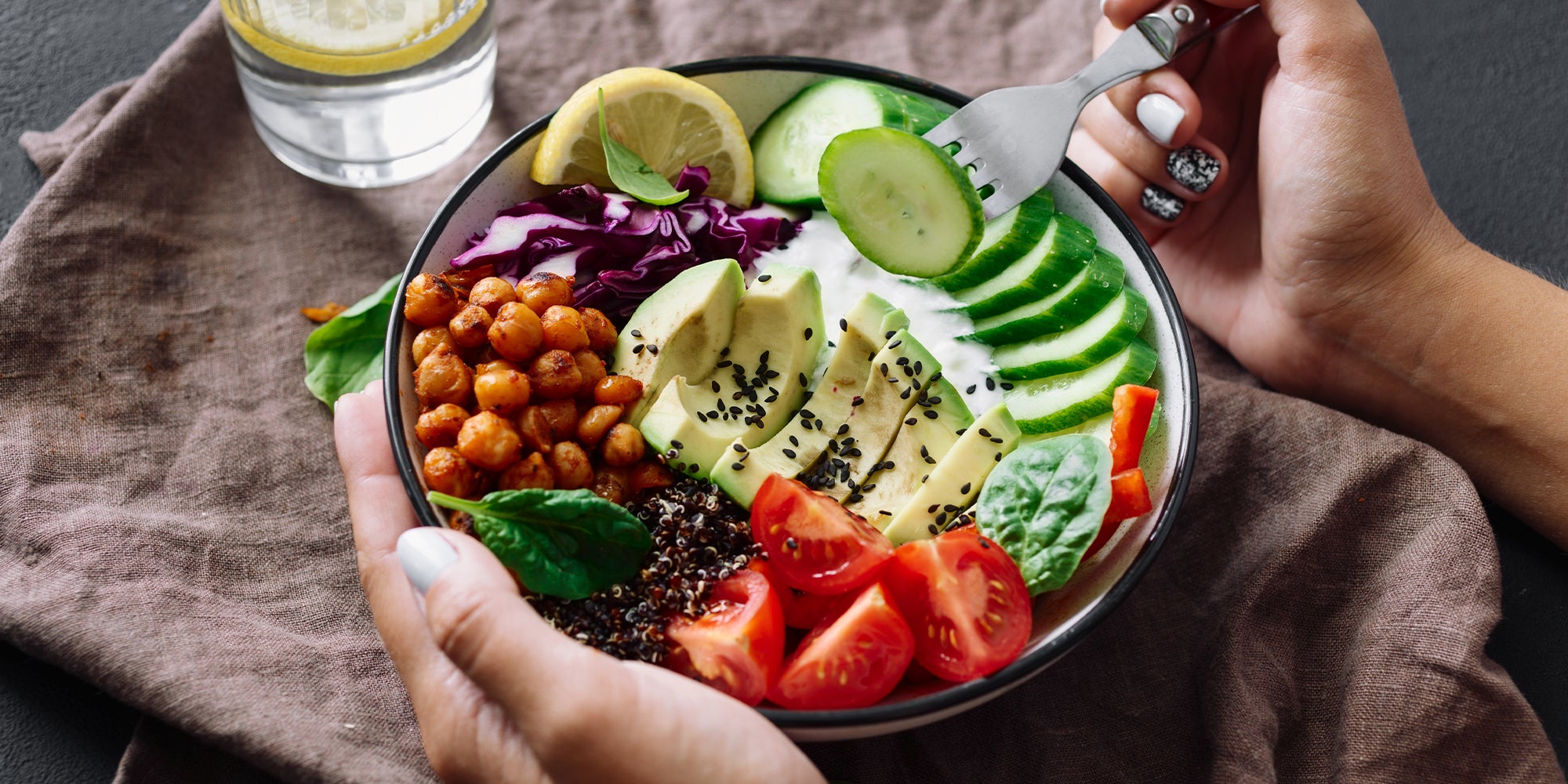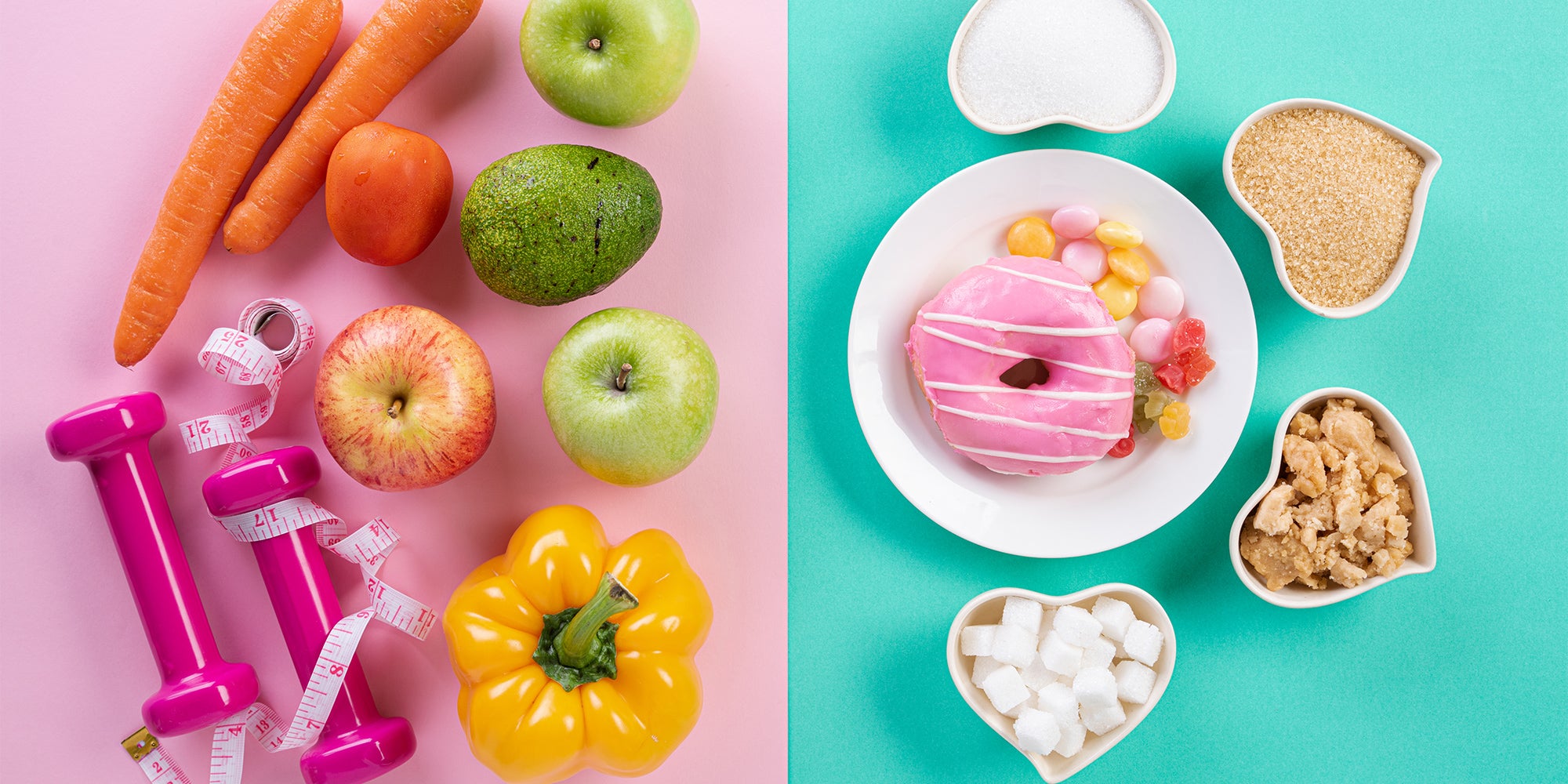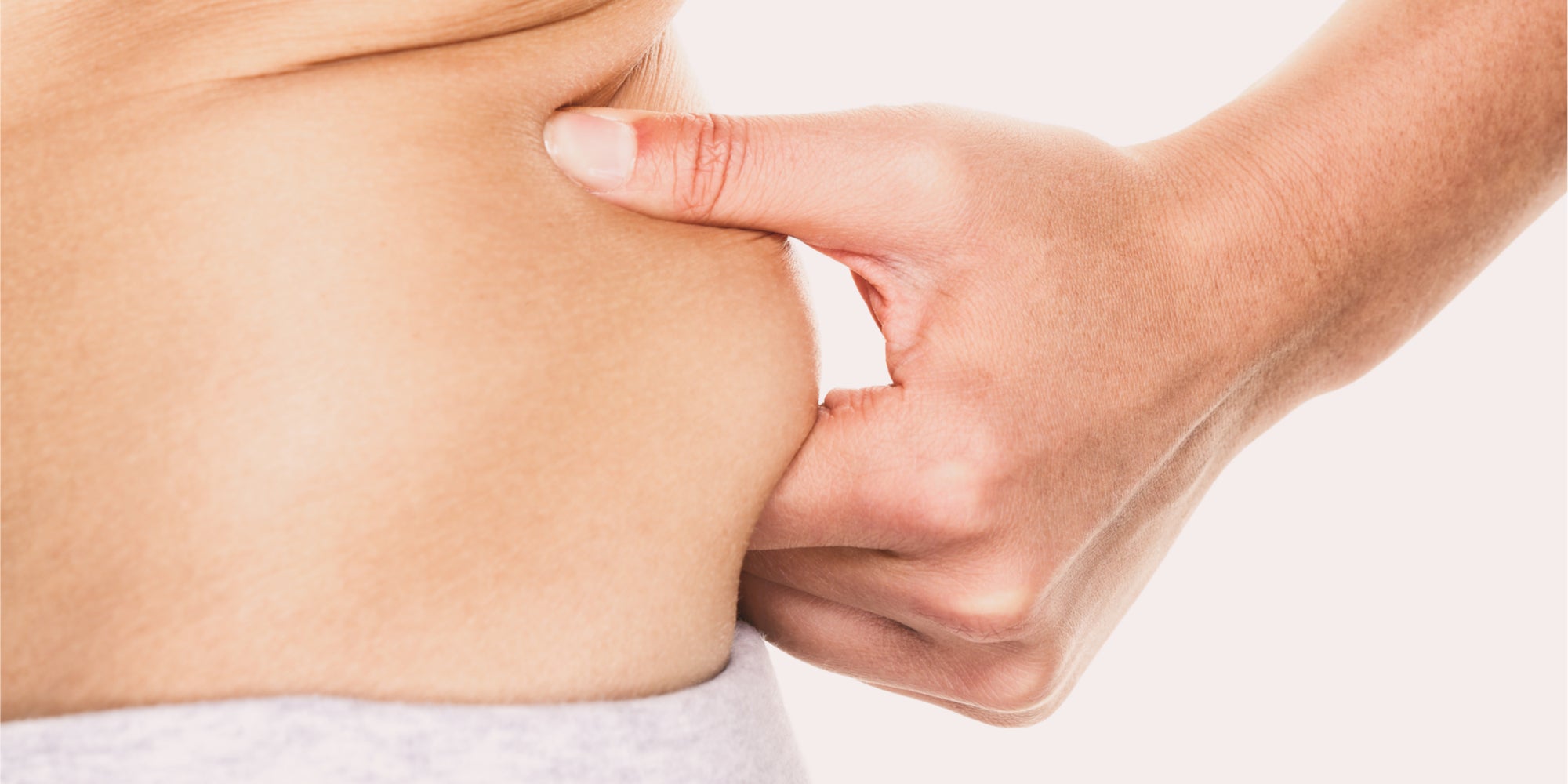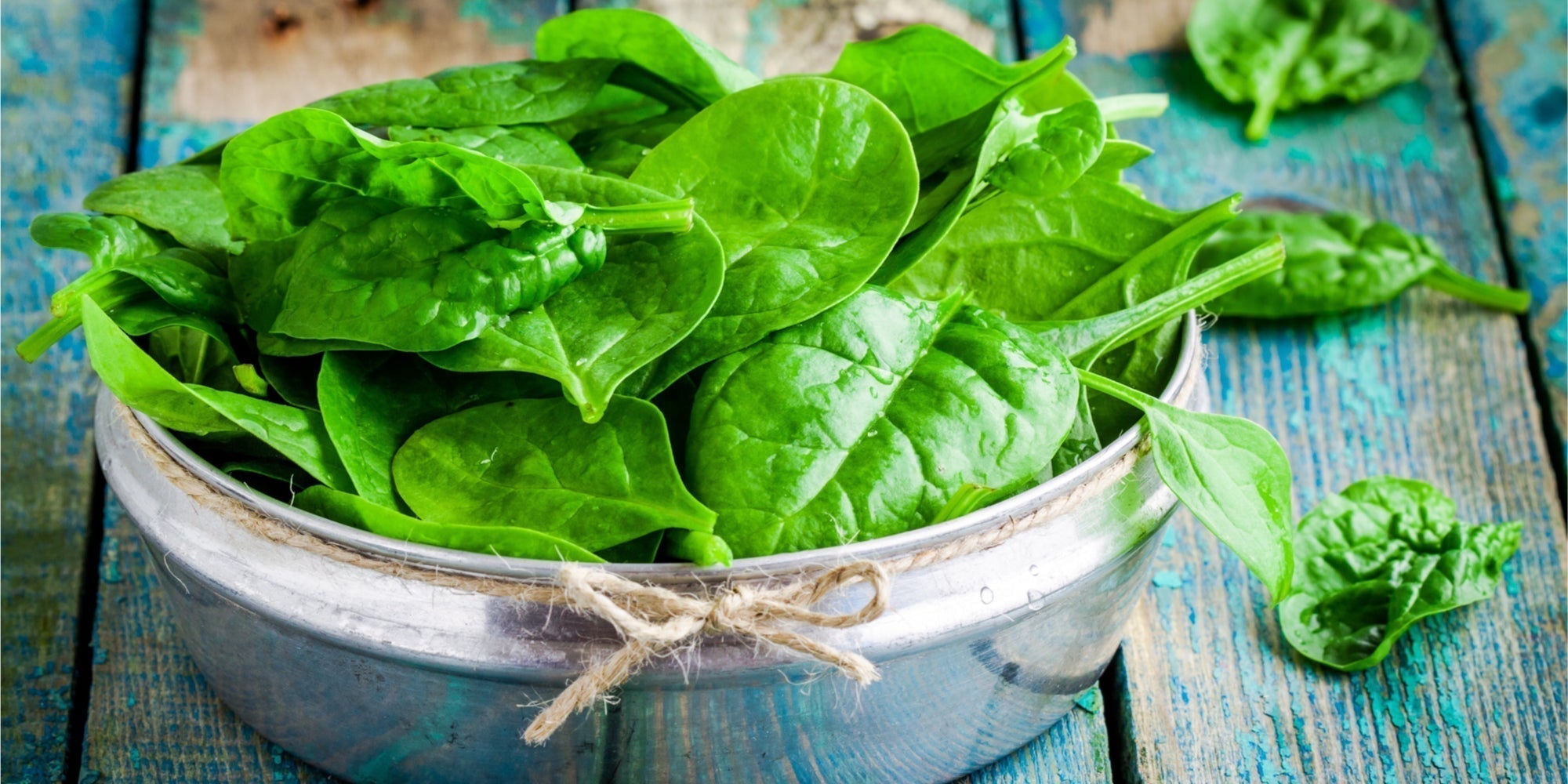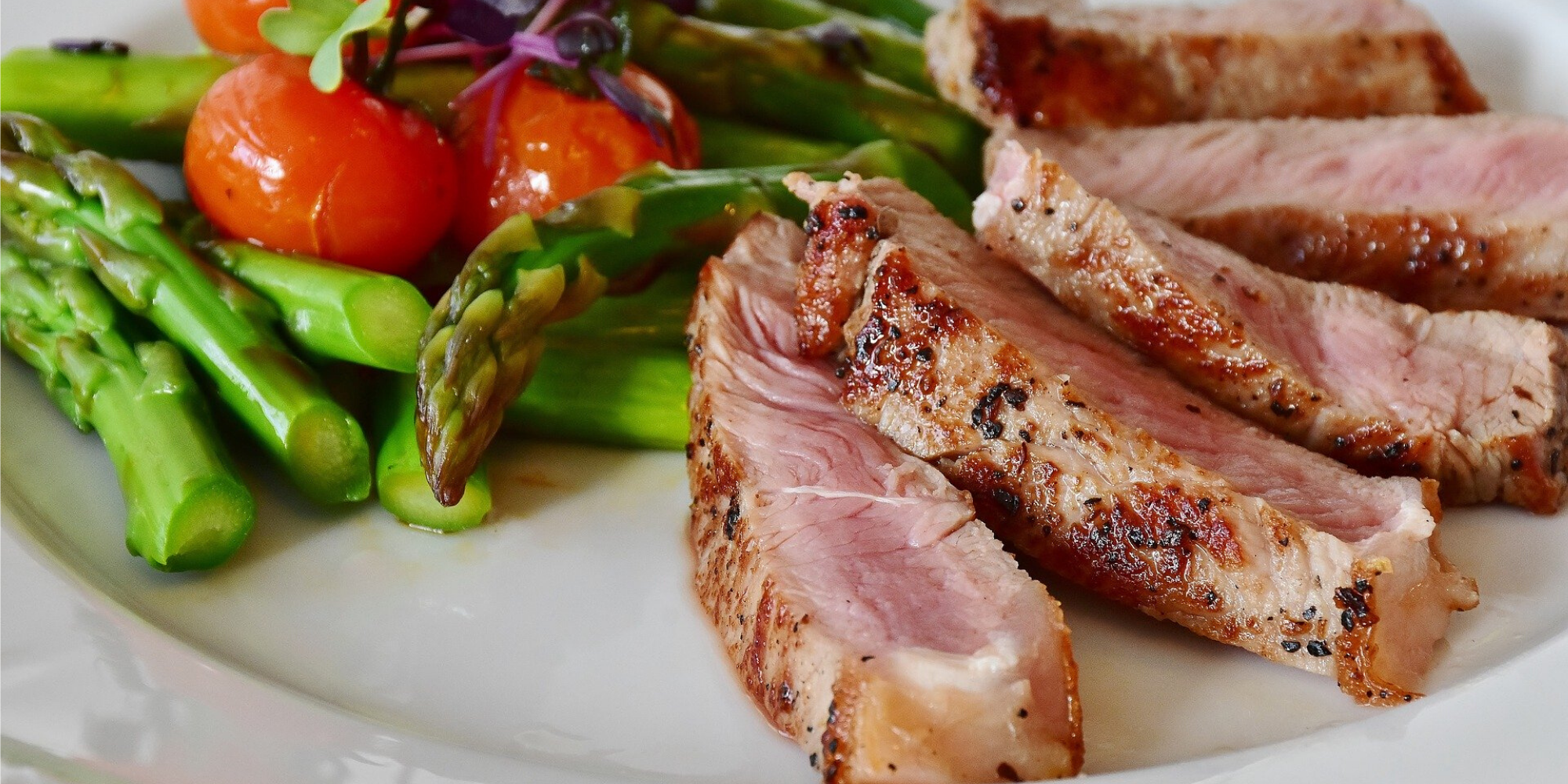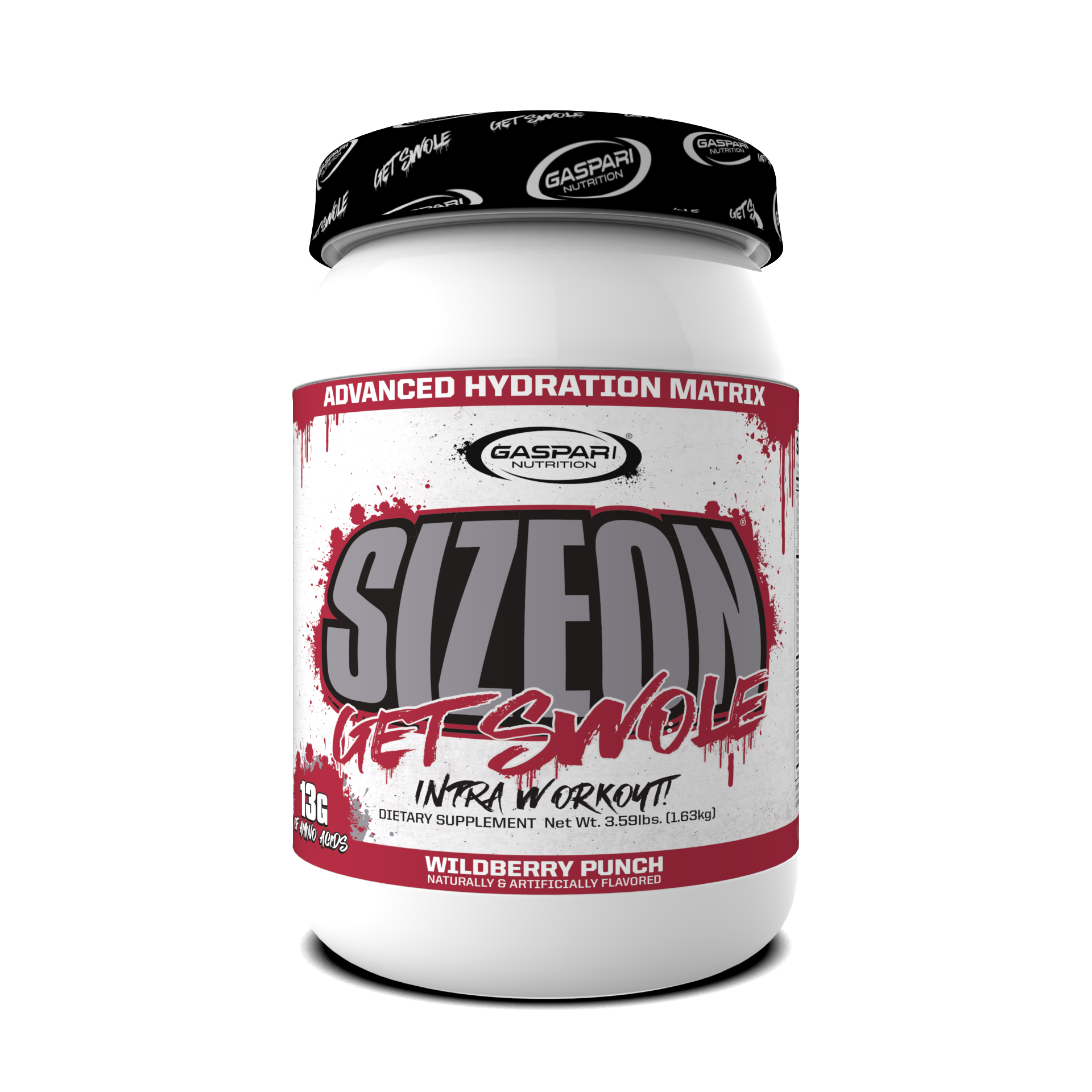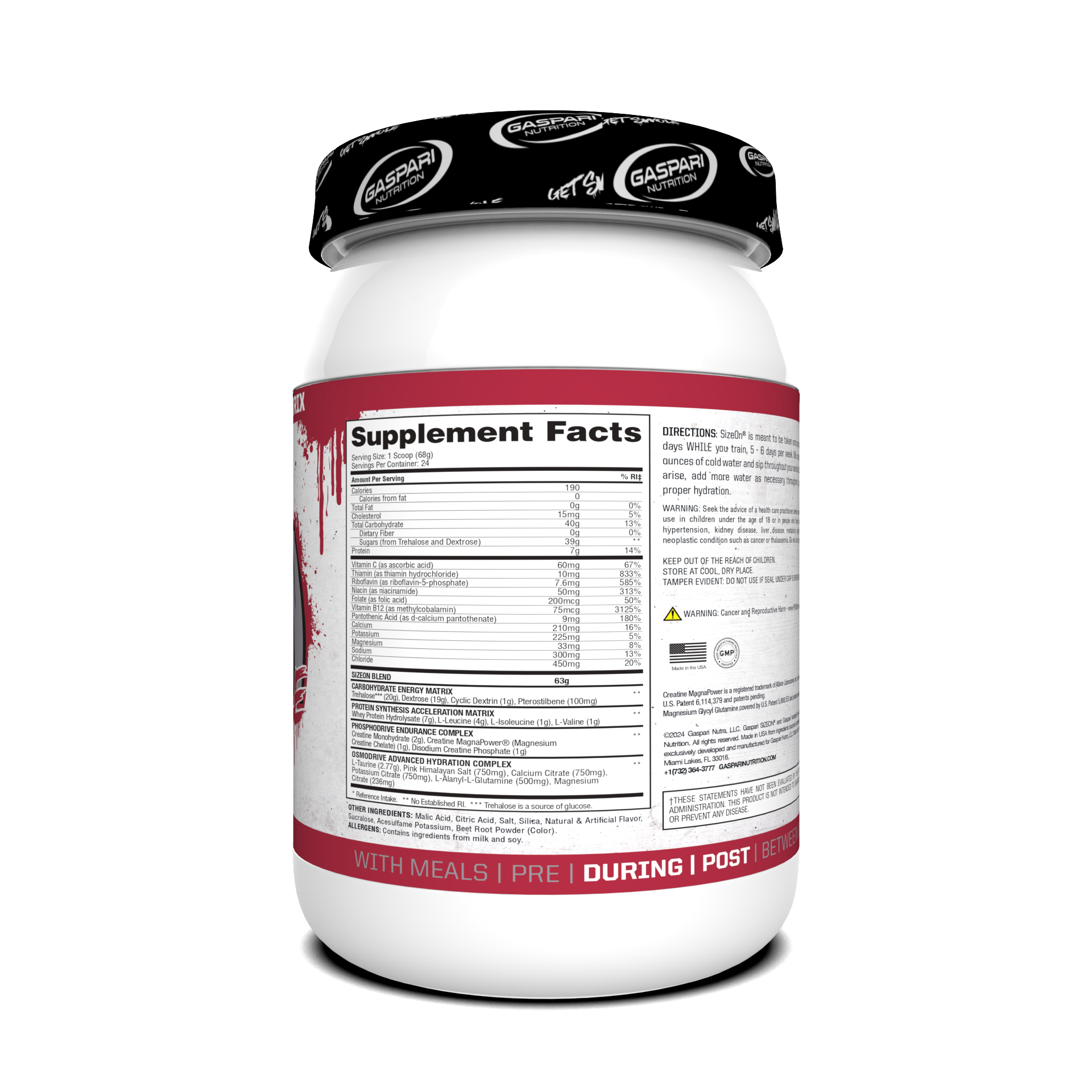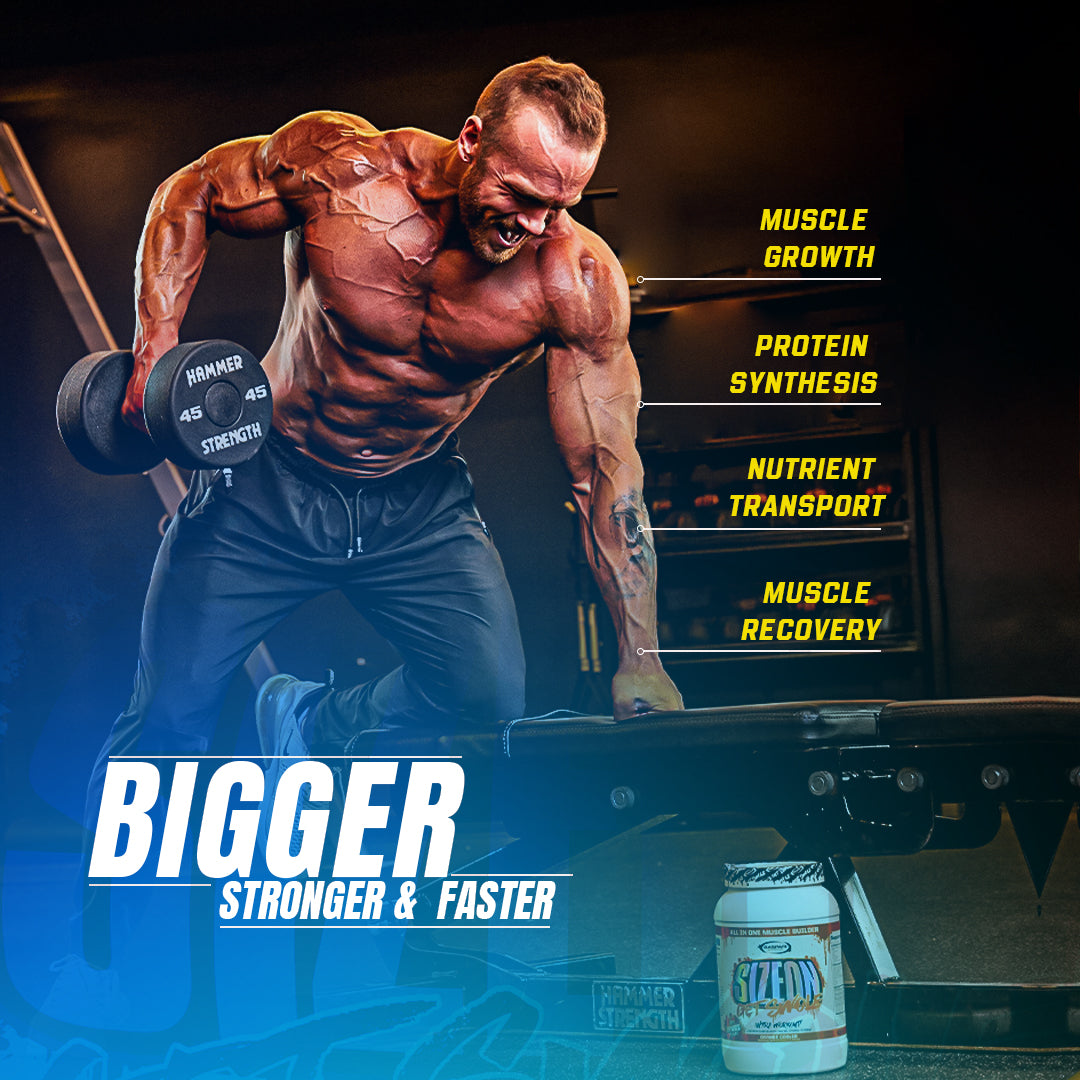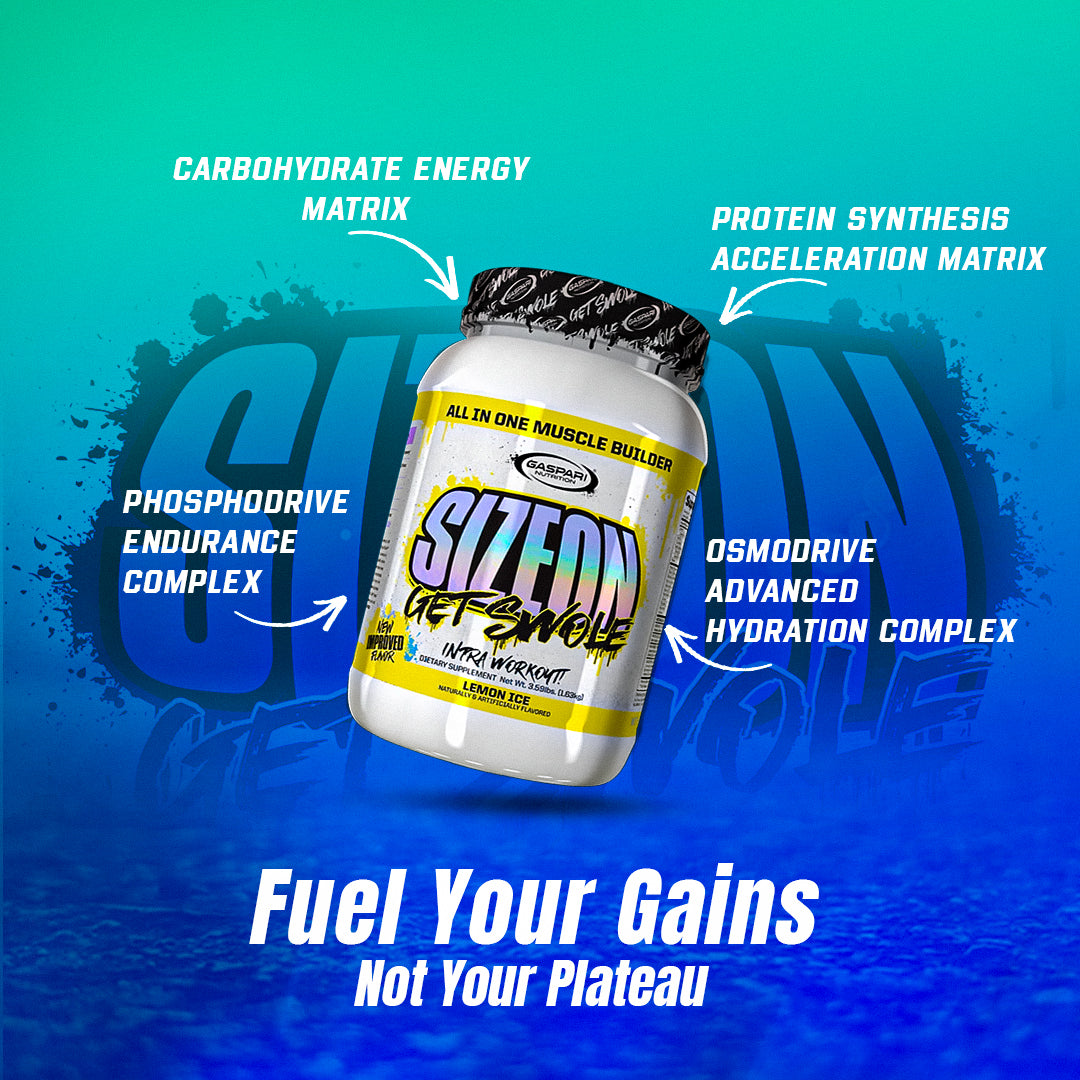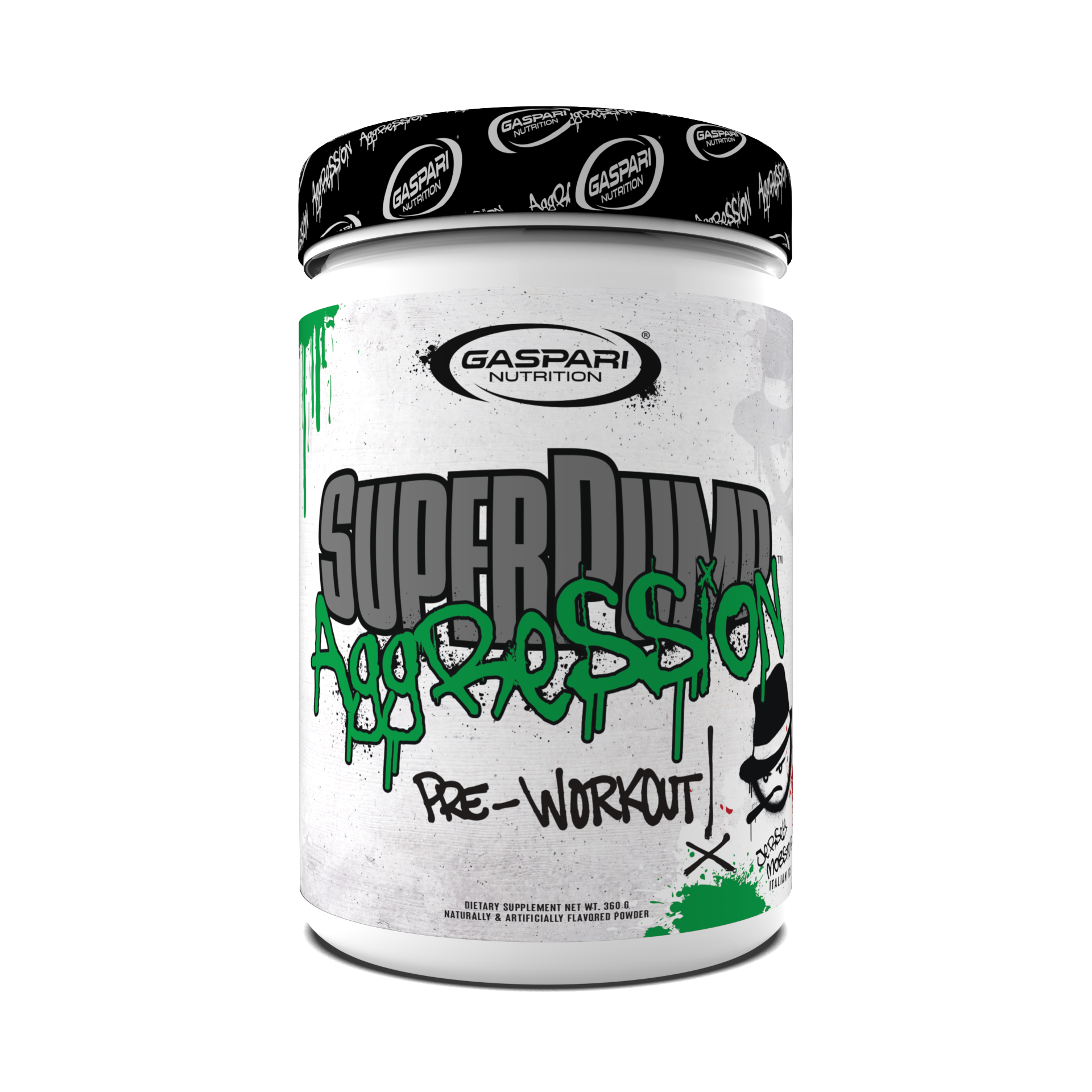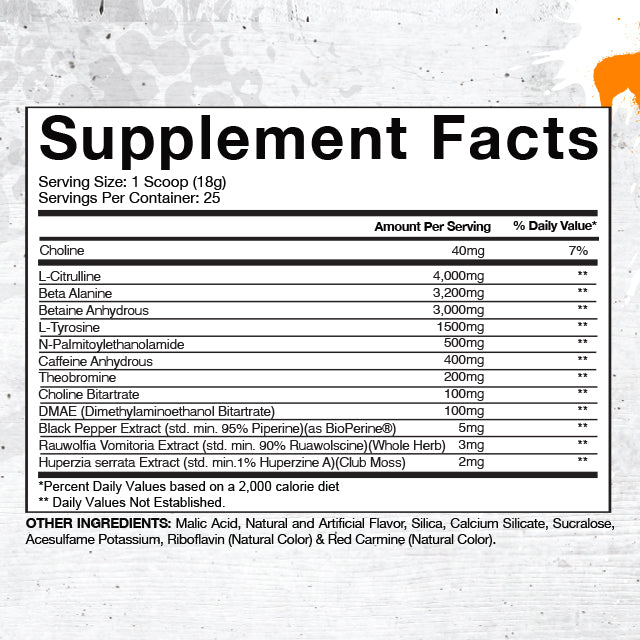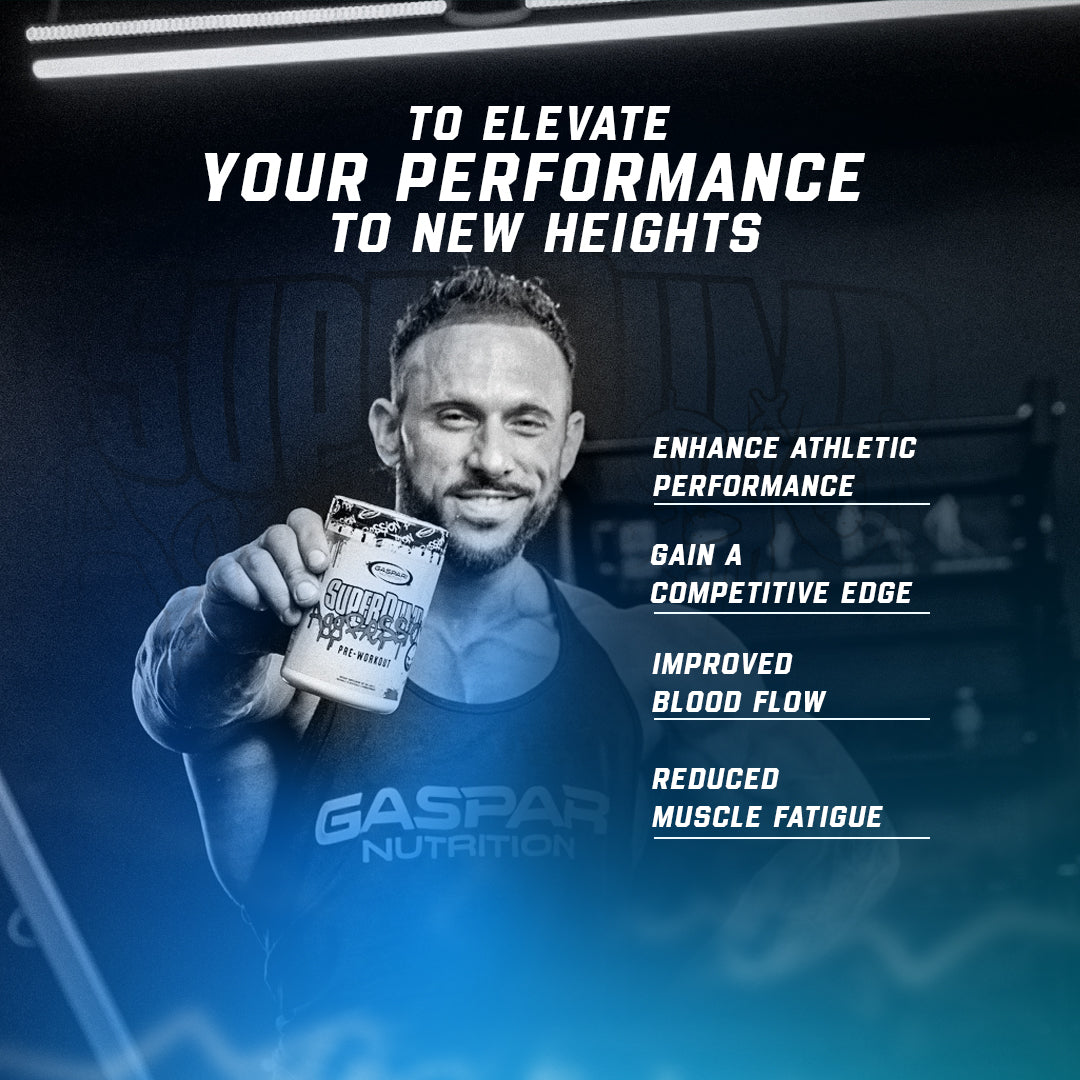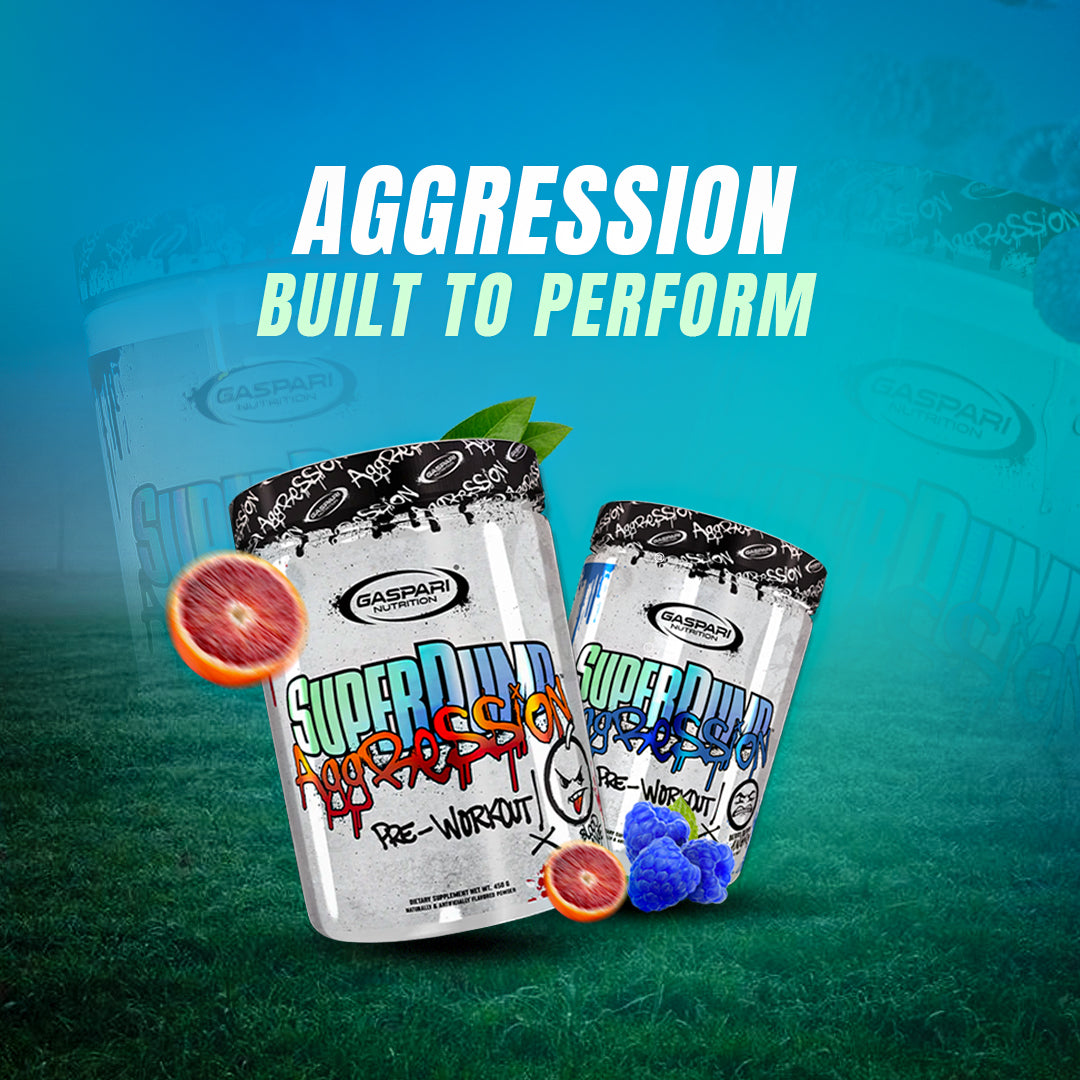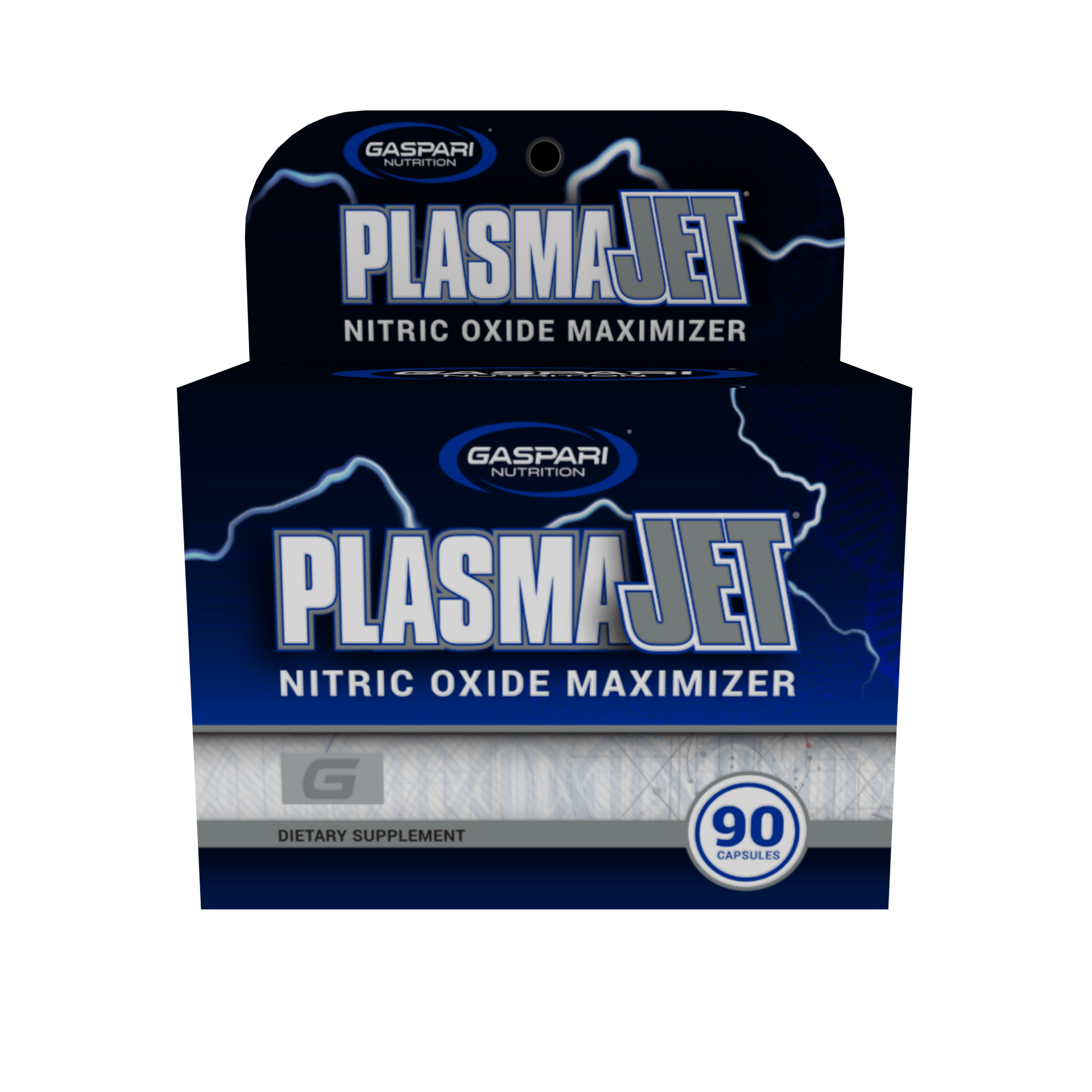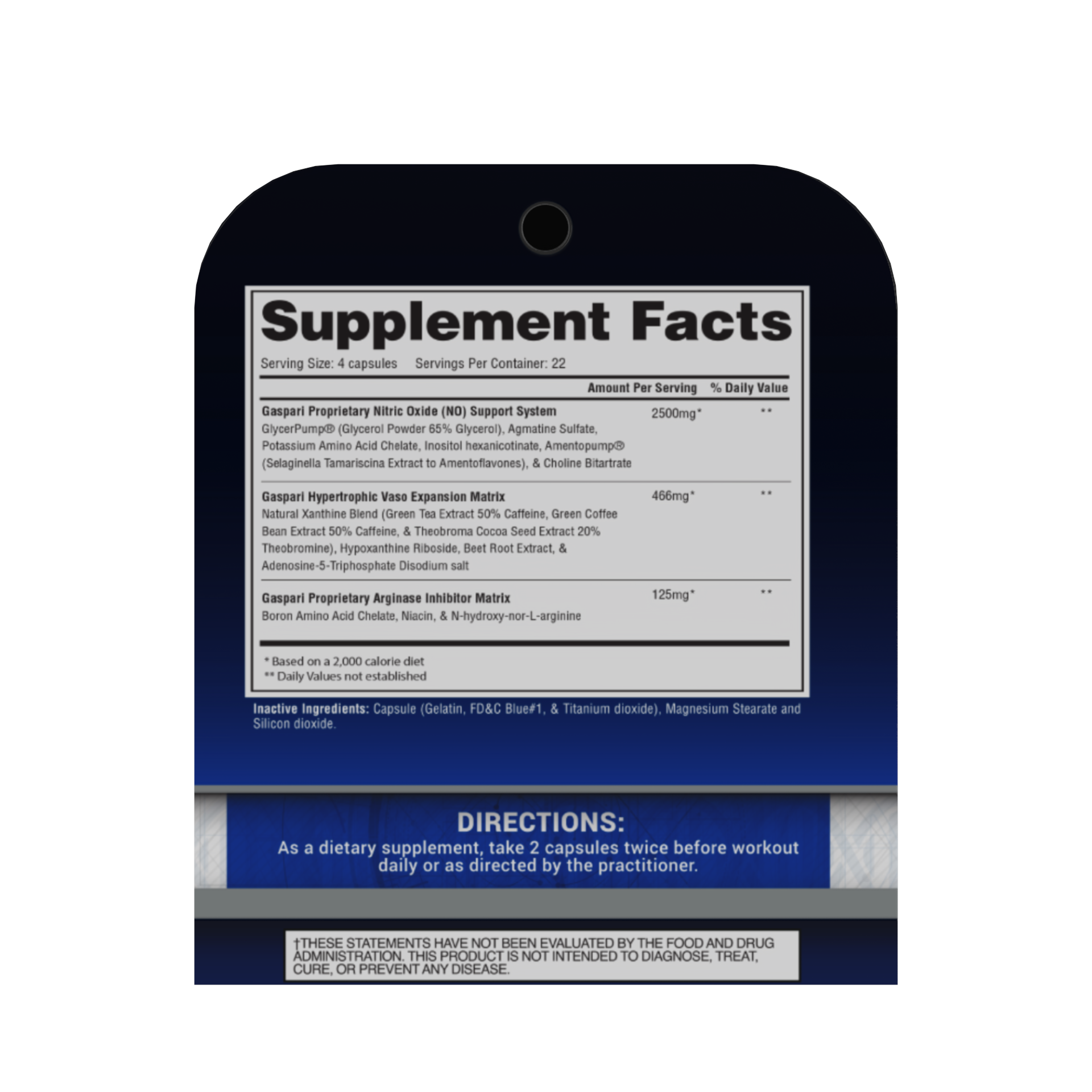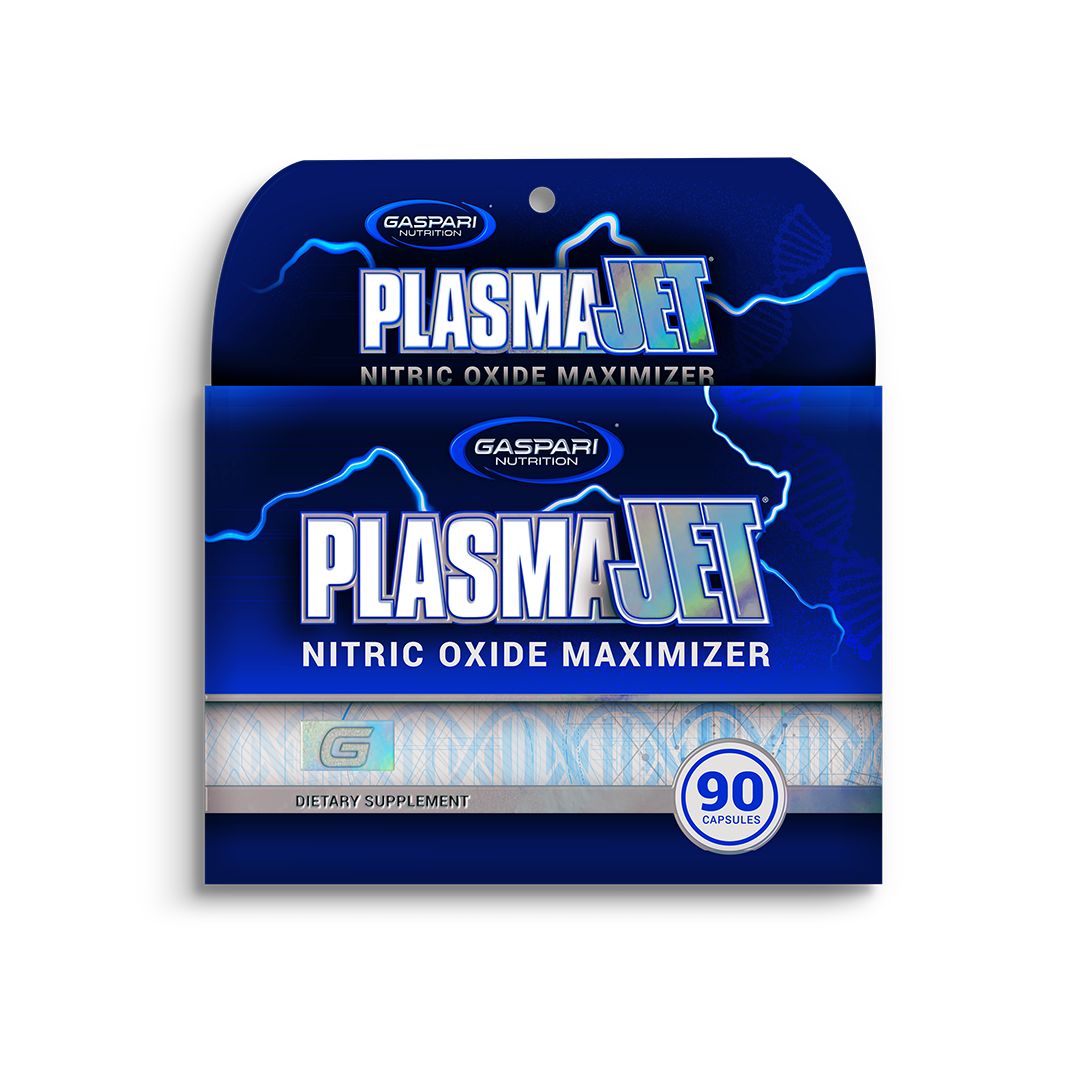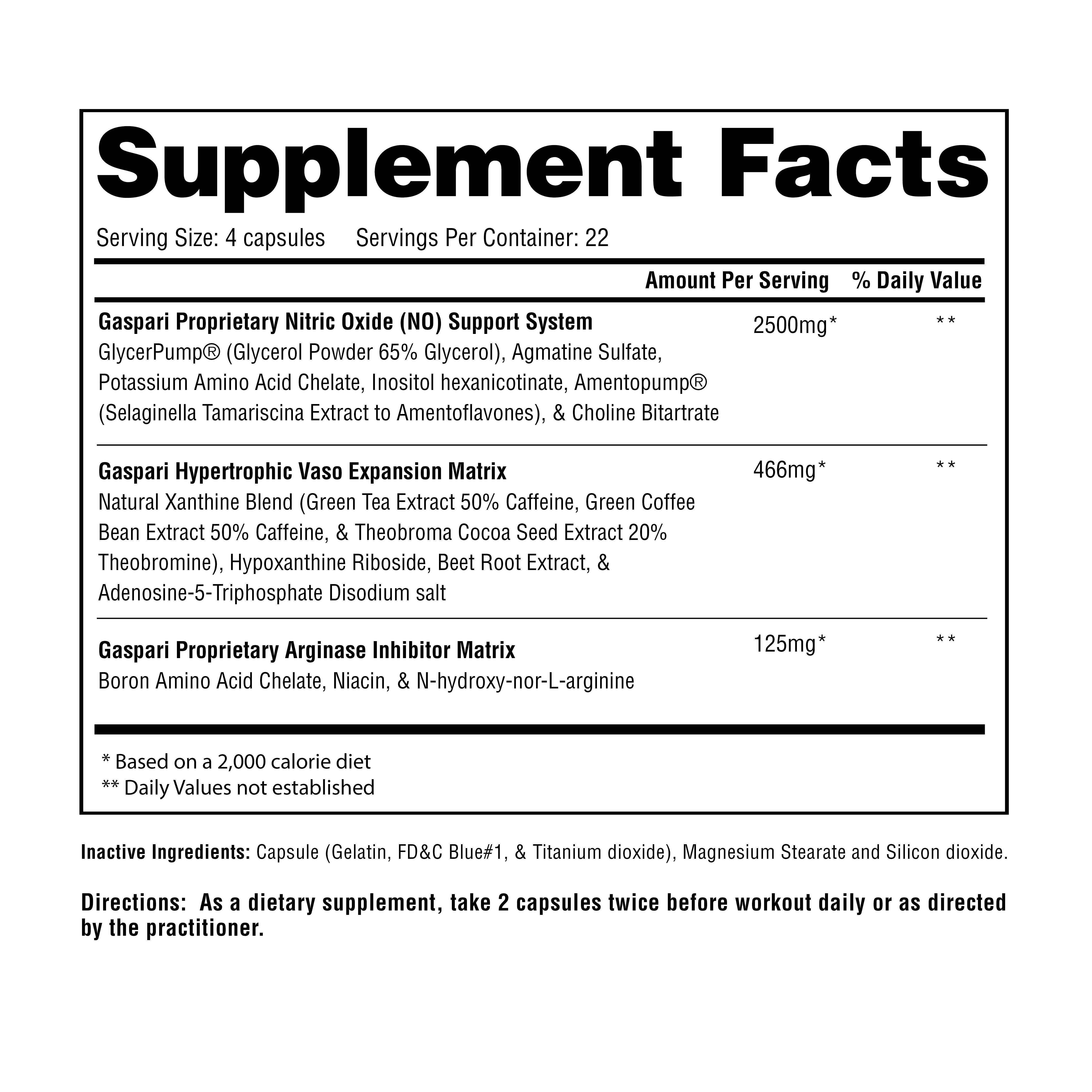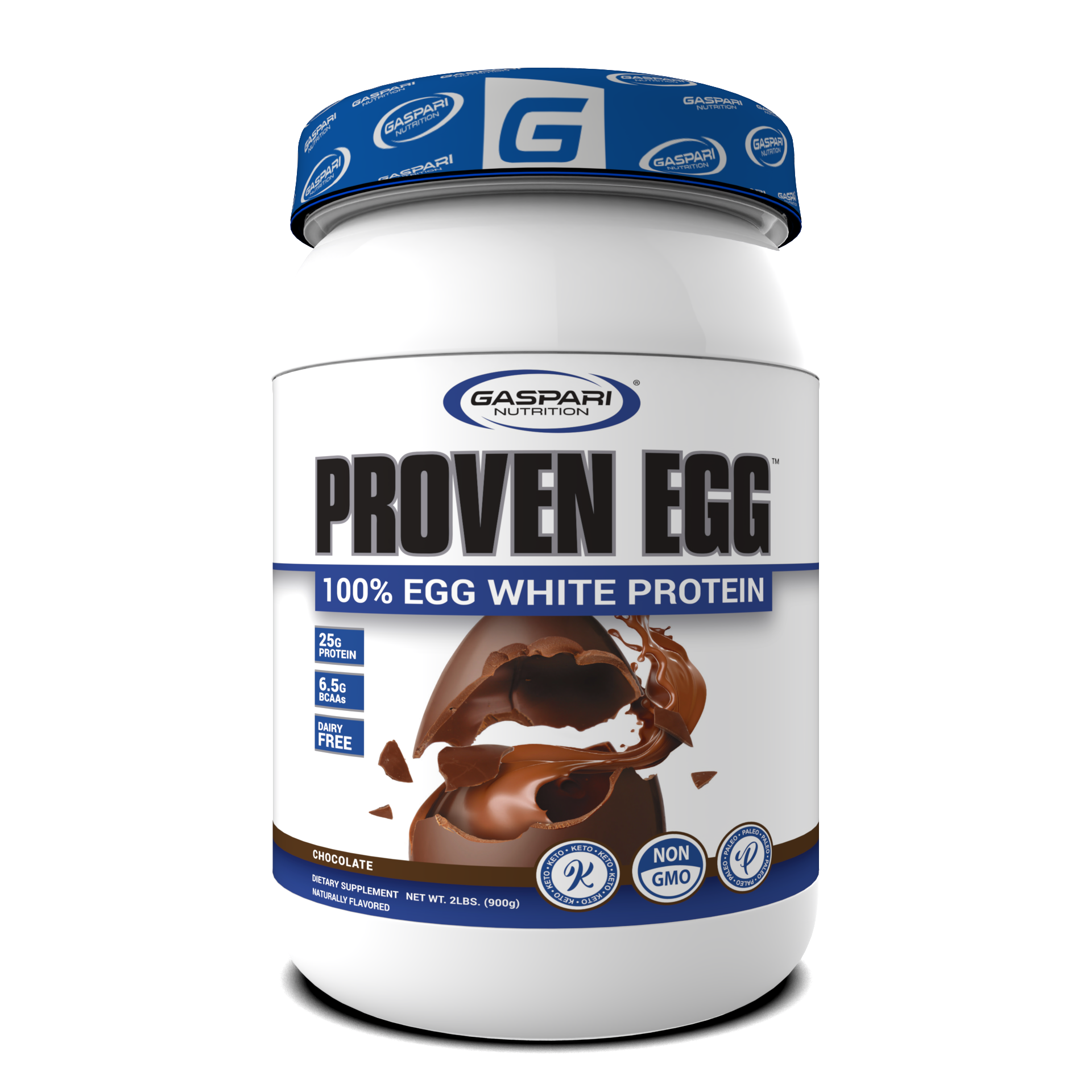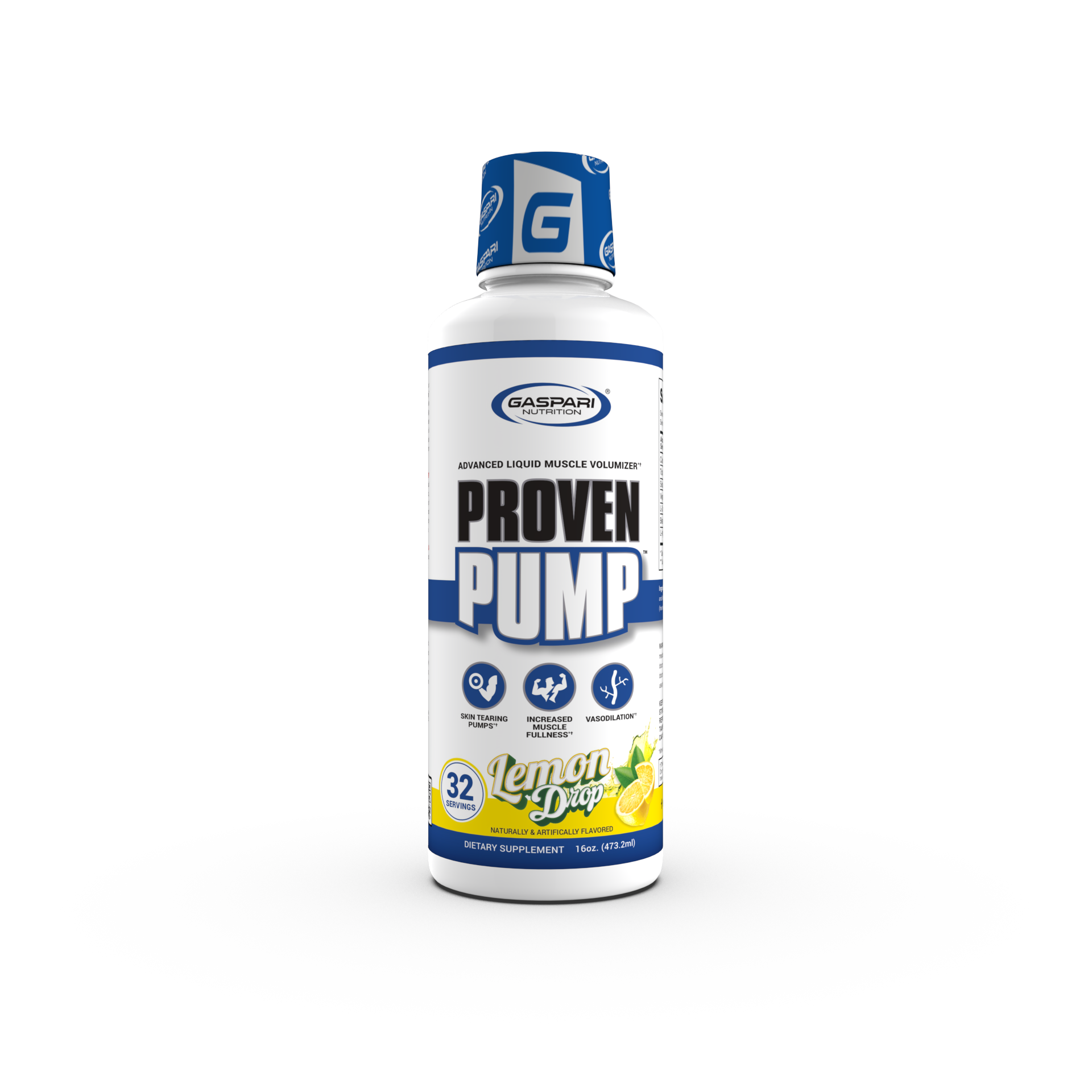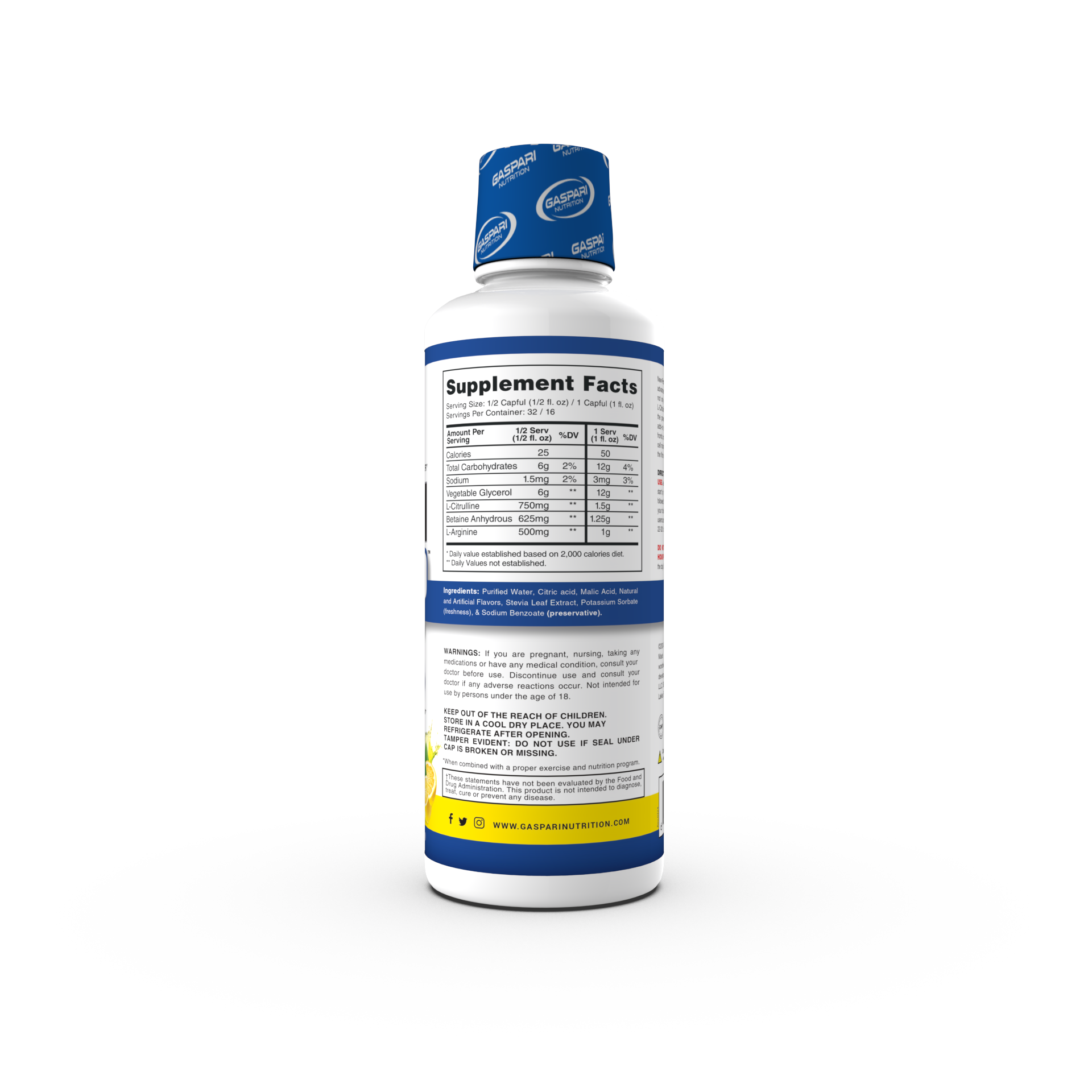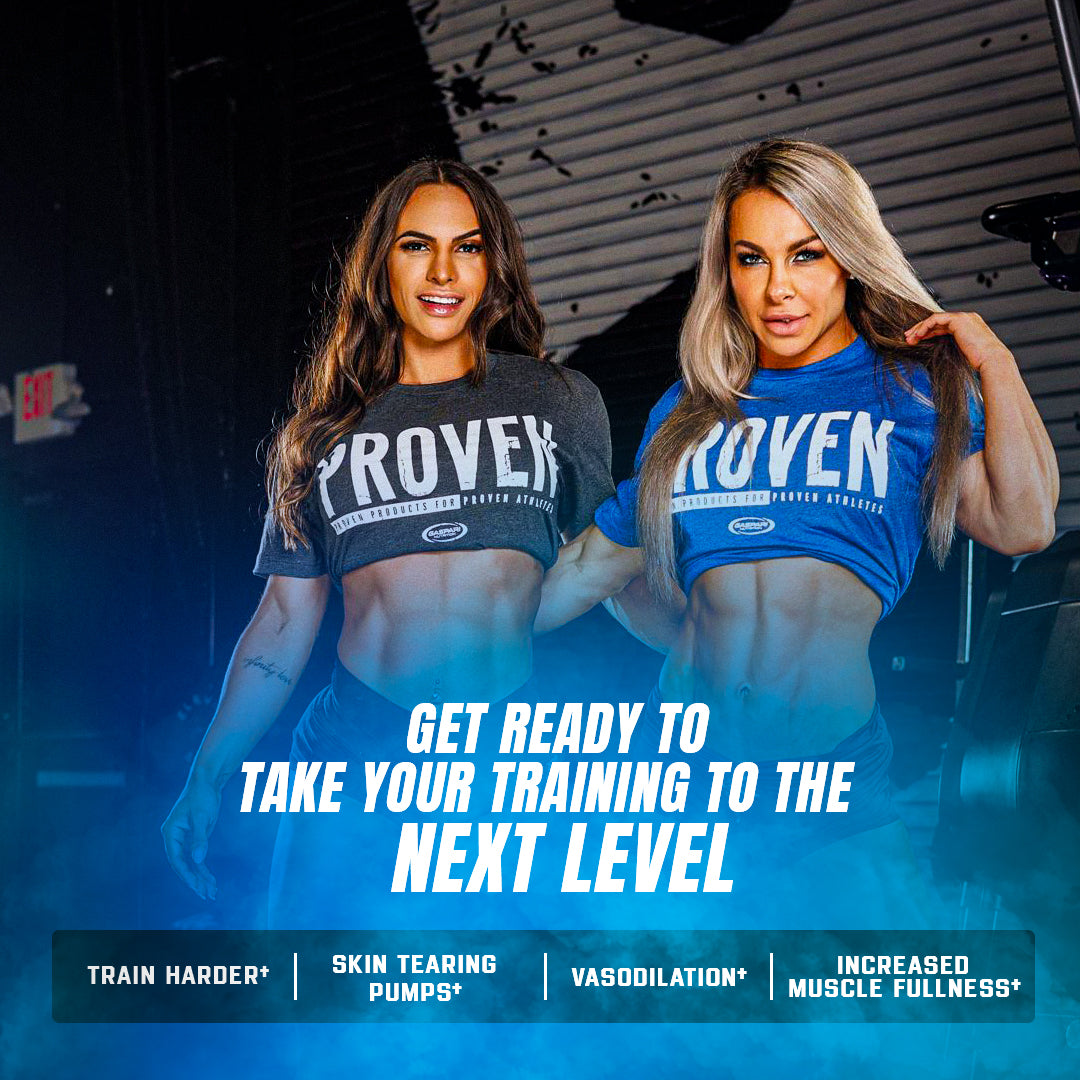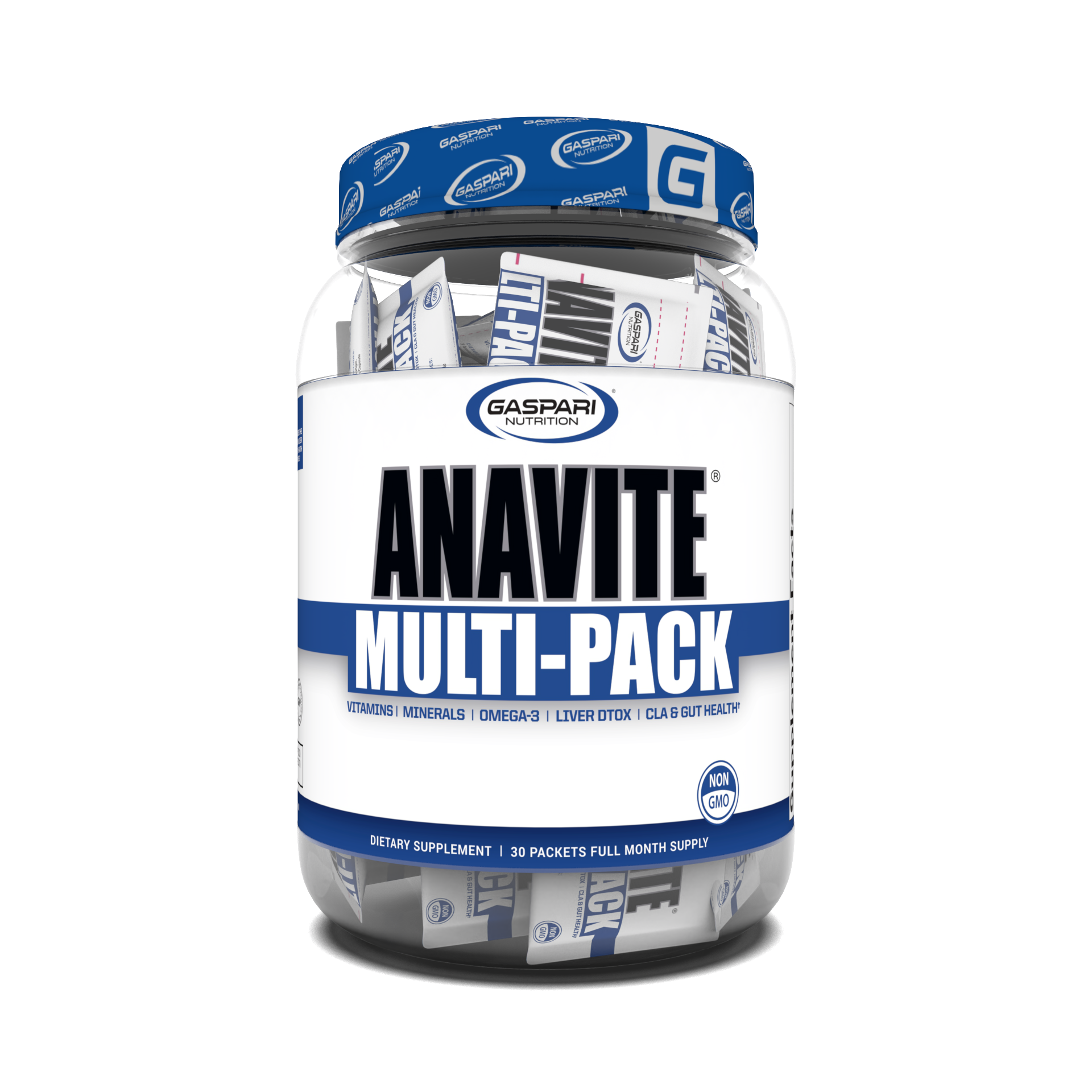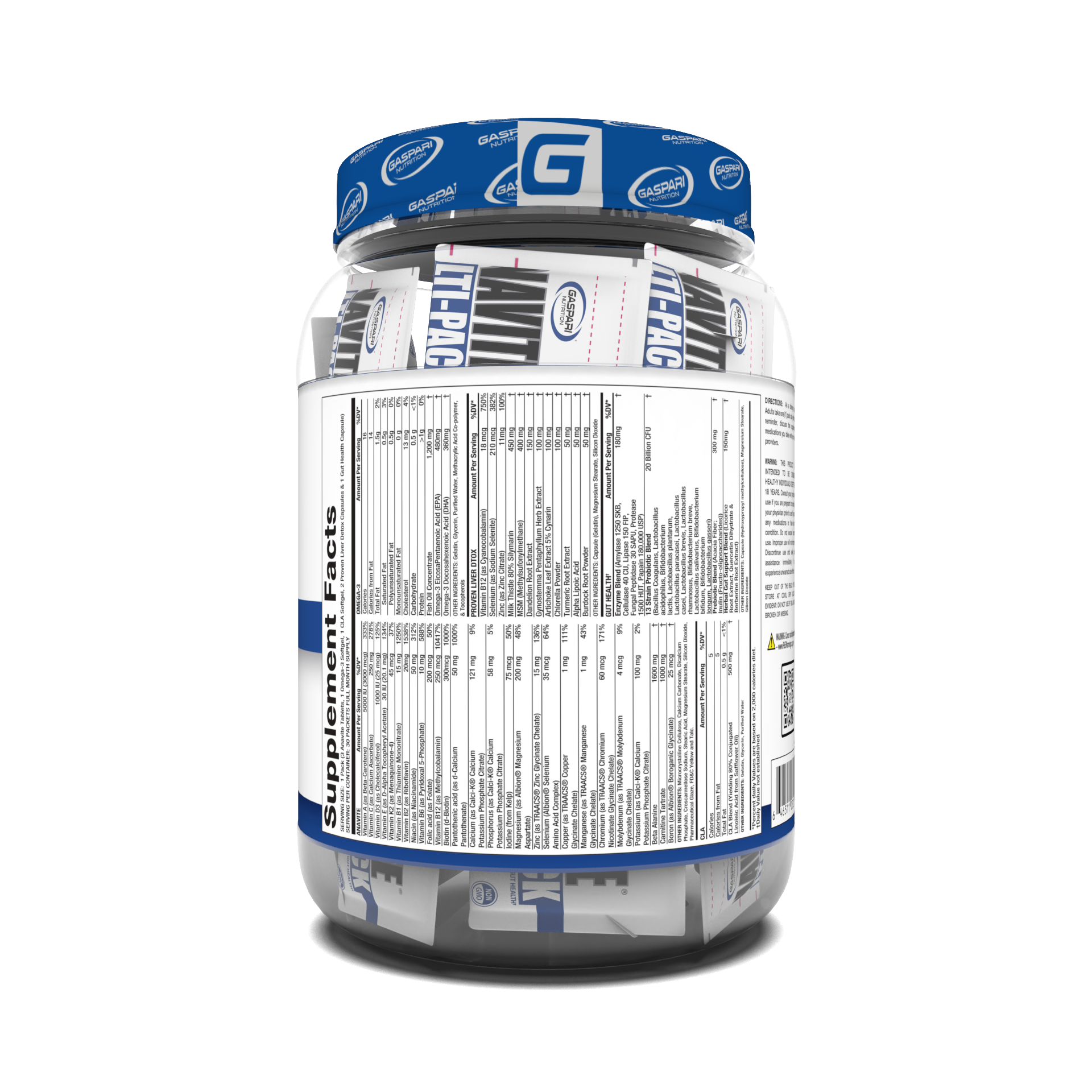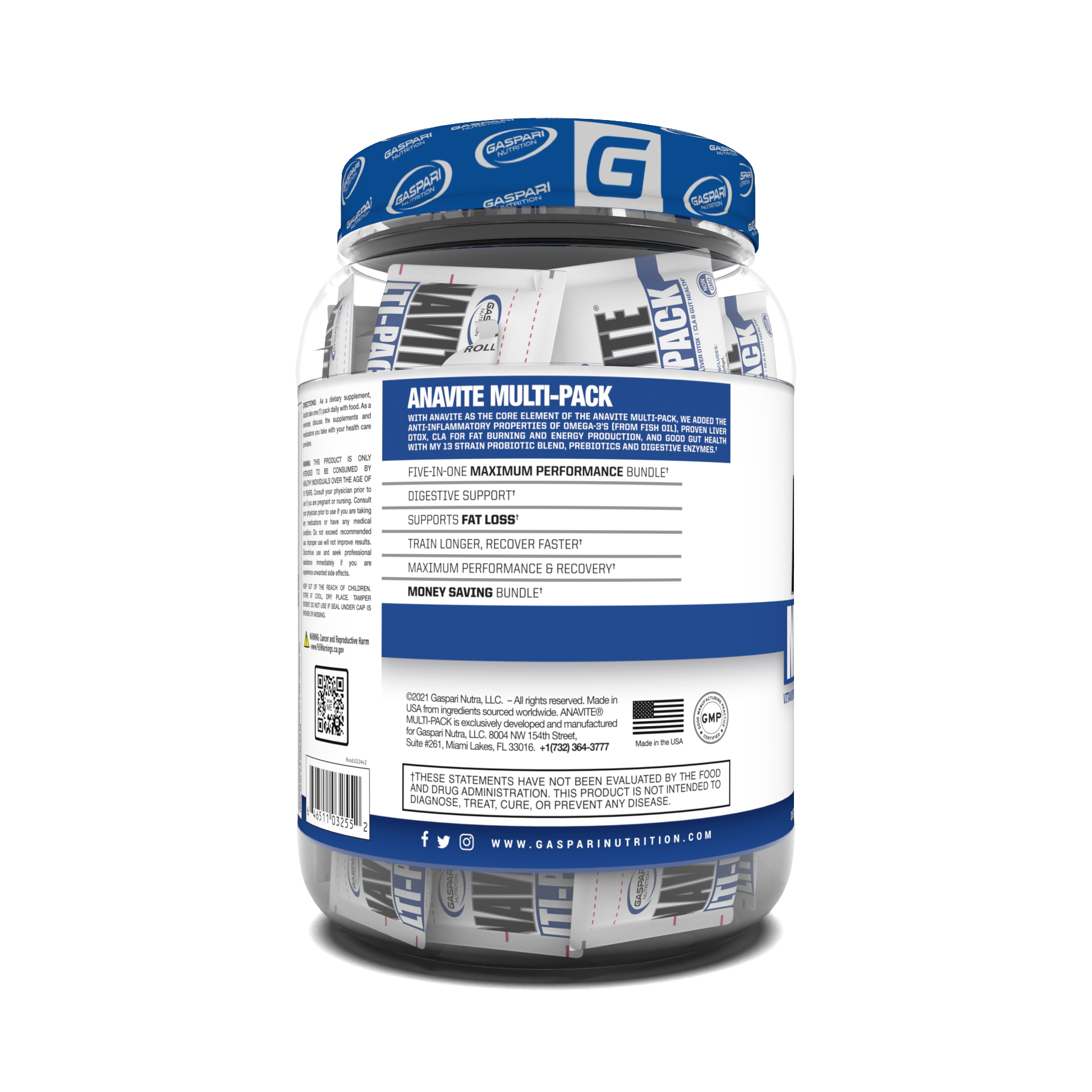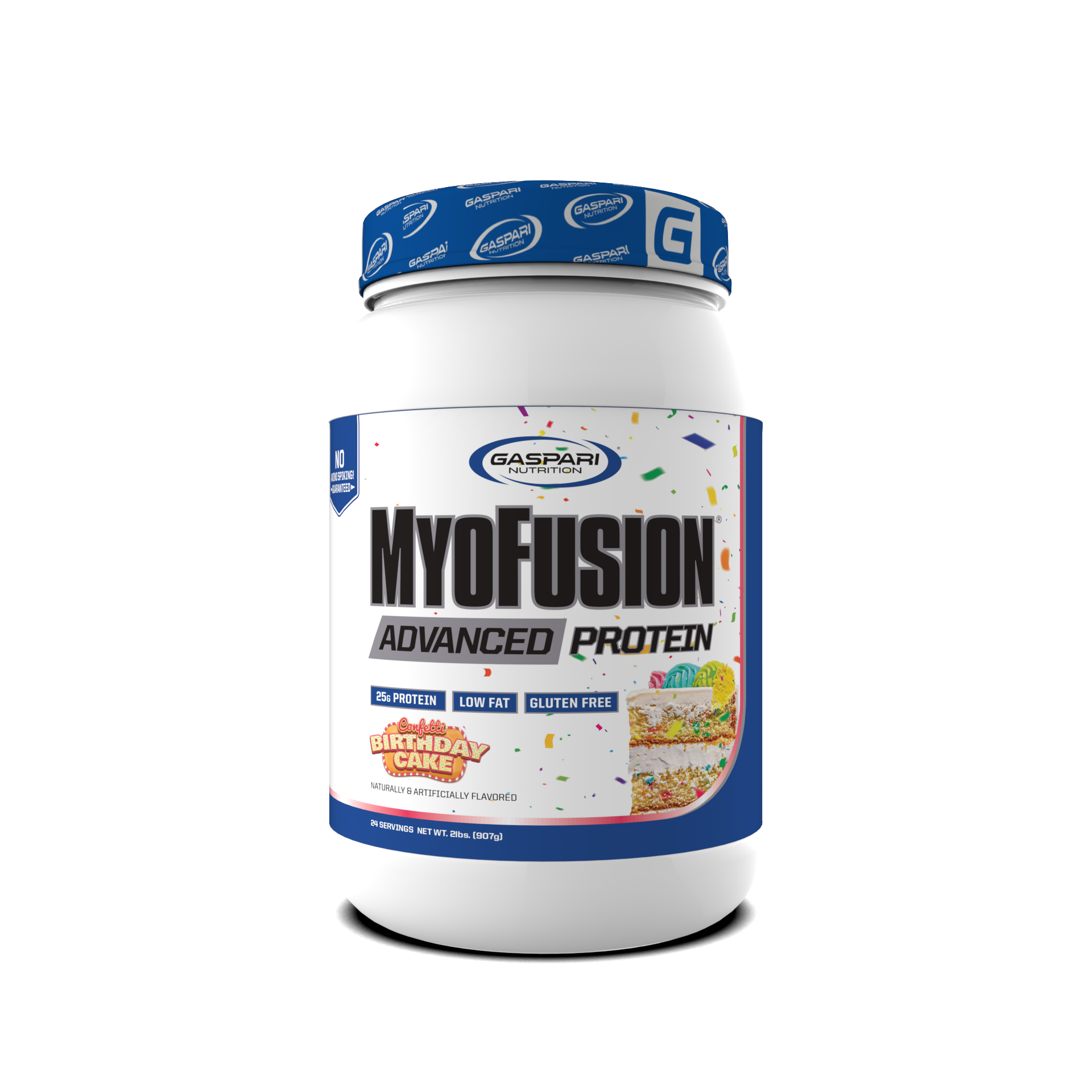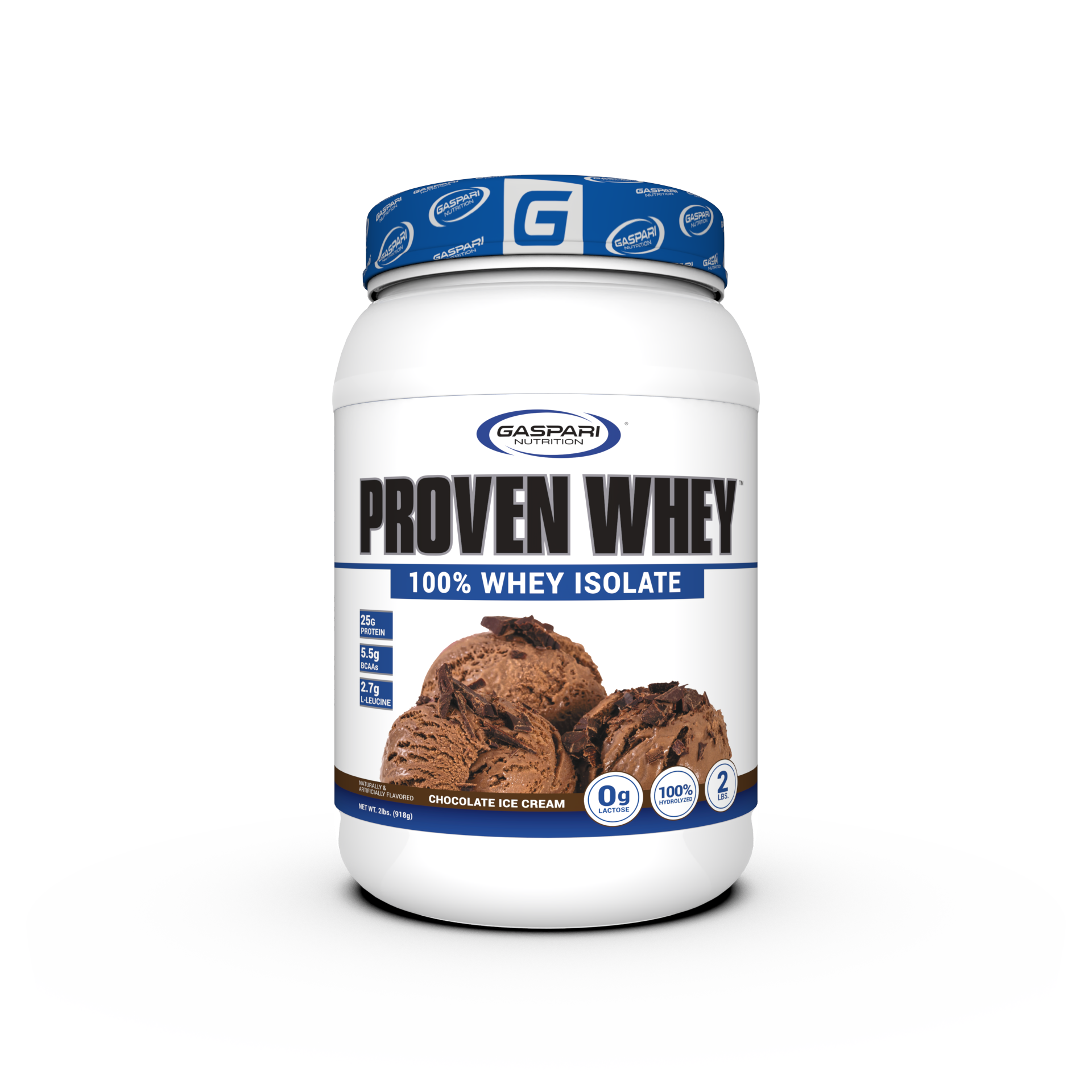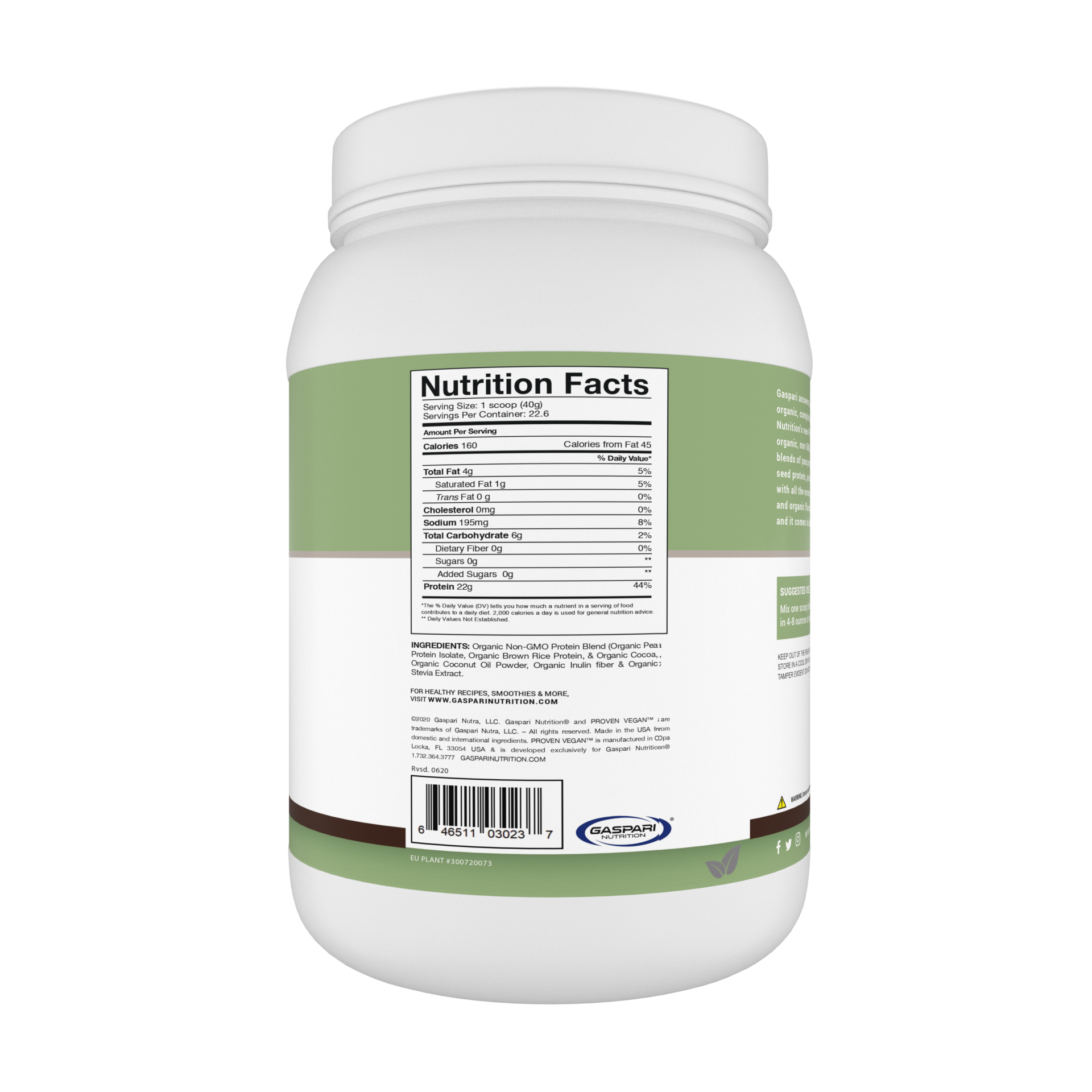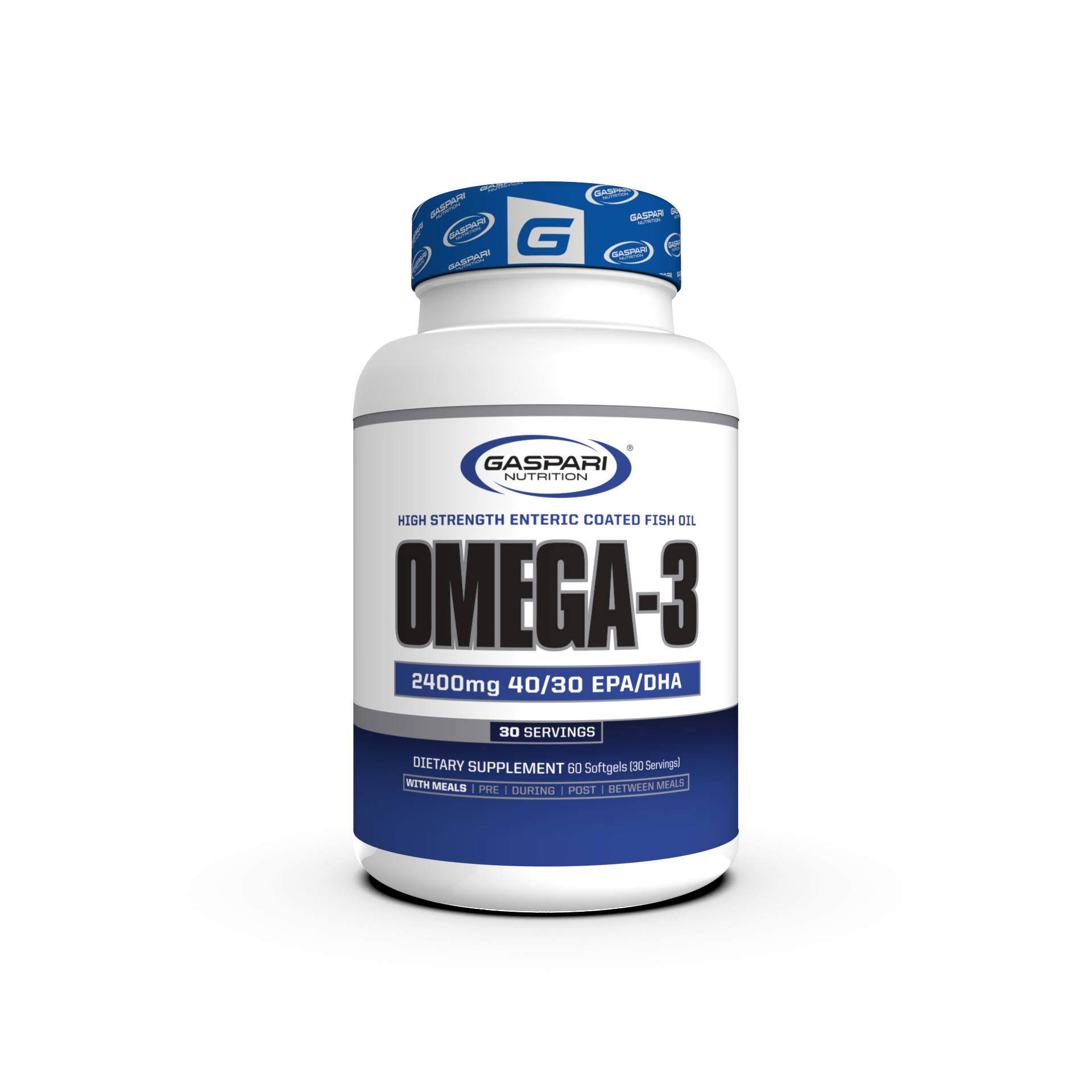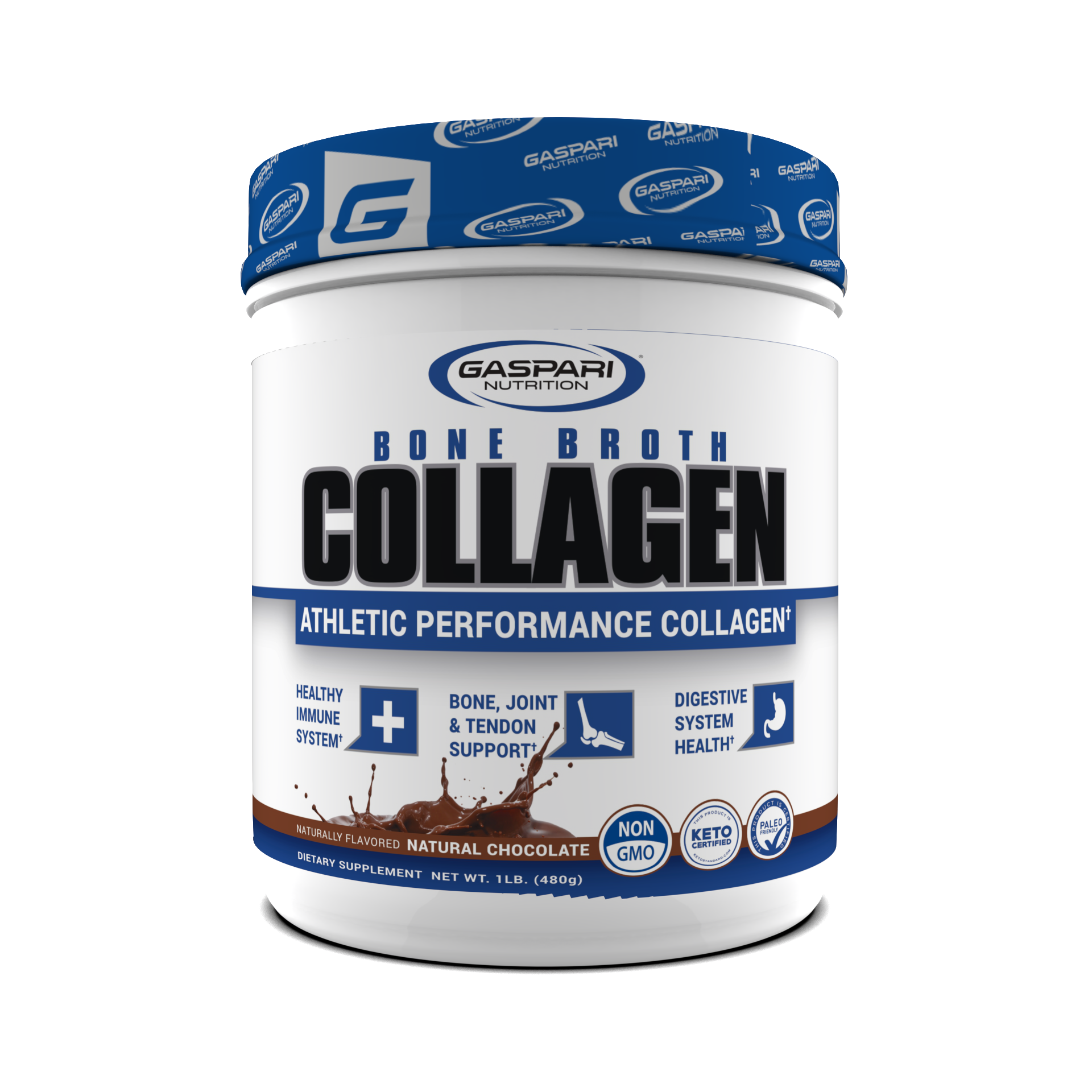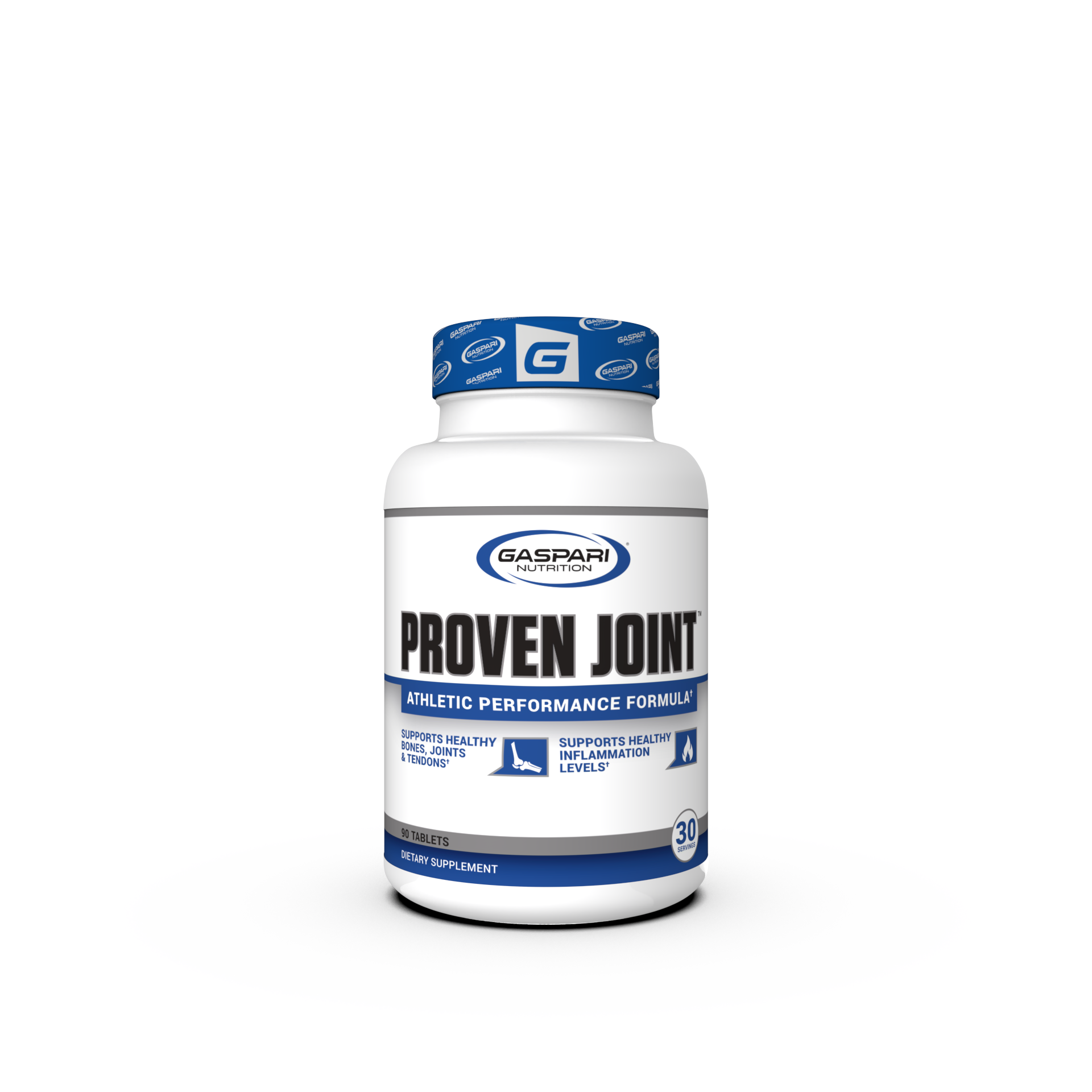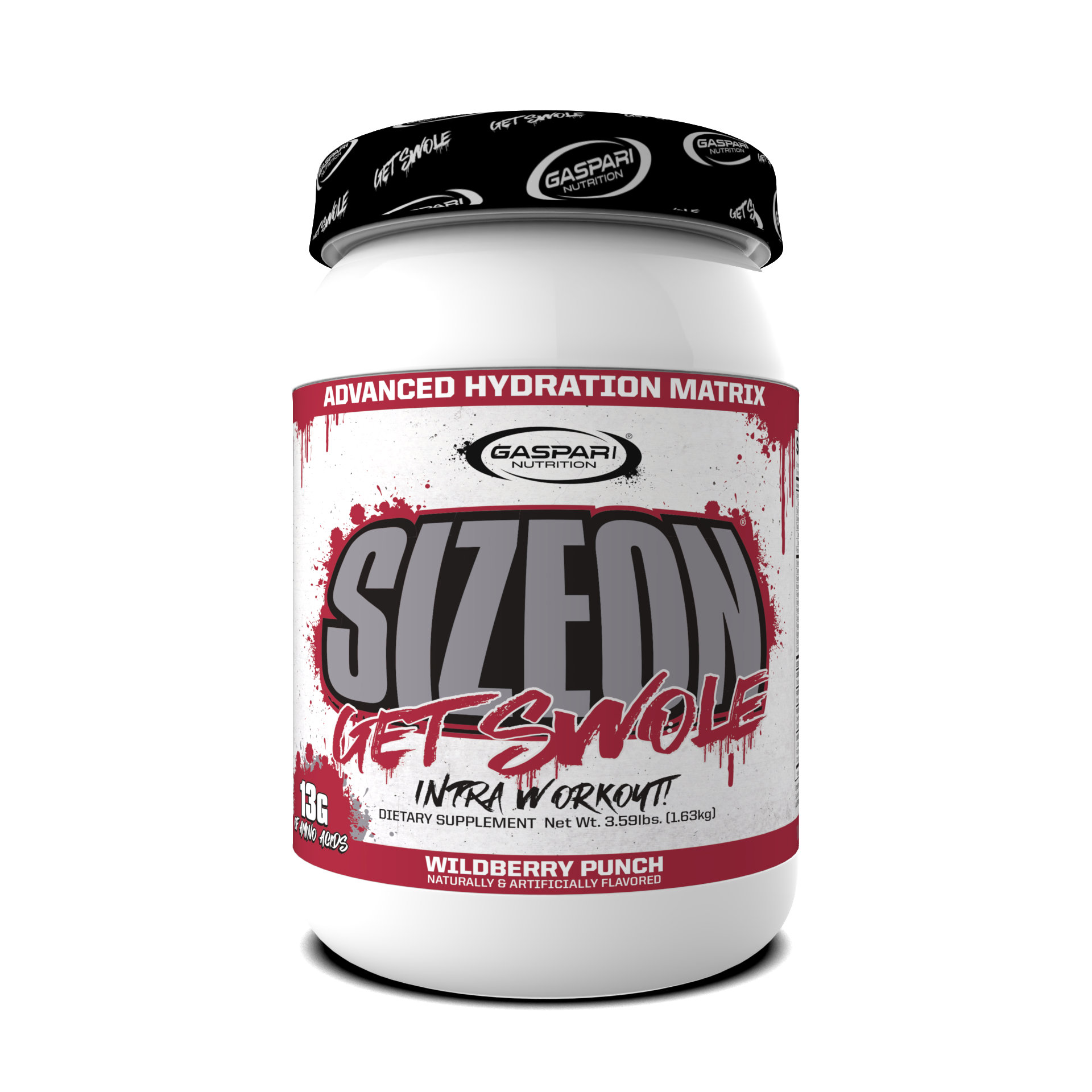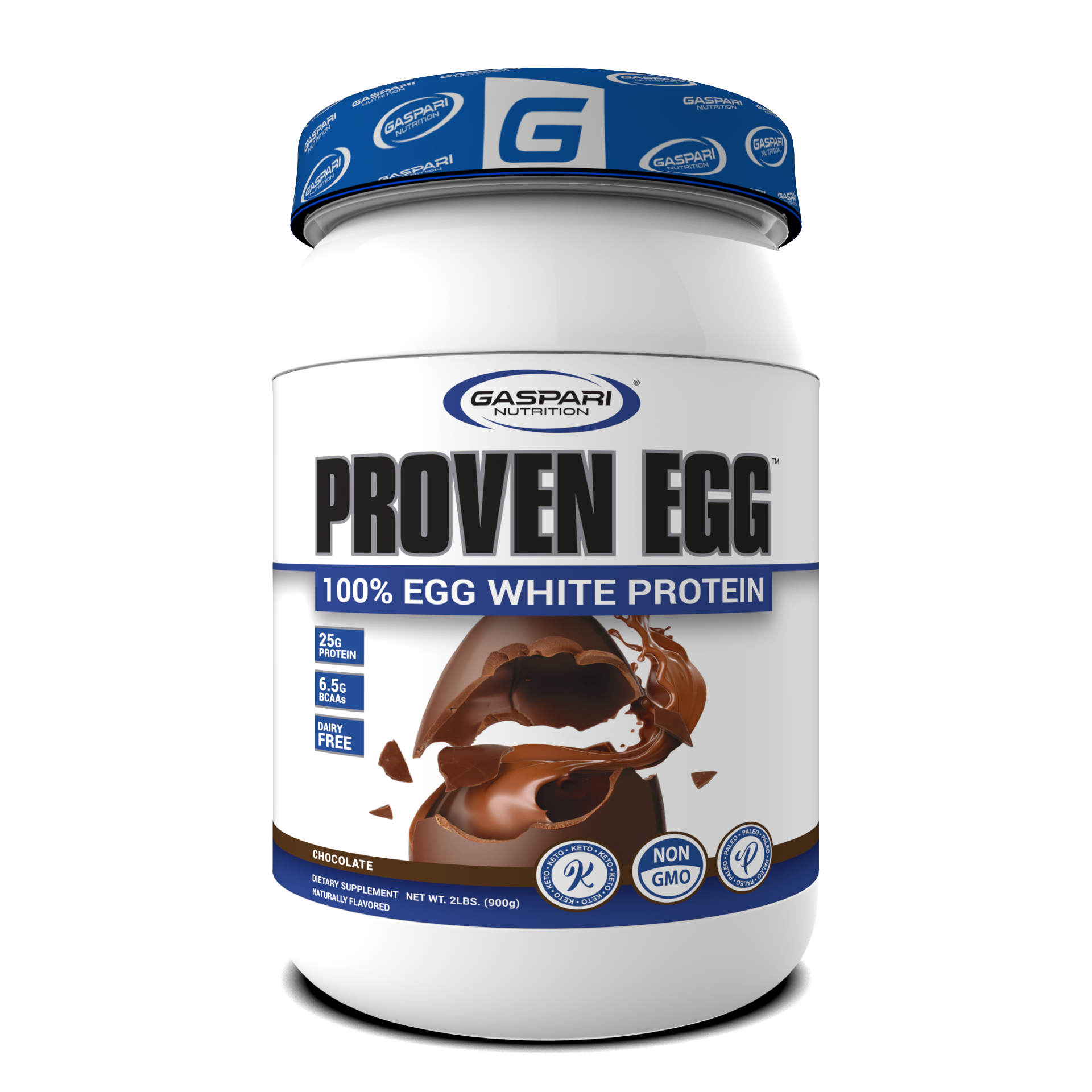Fitness Facts
- by John Romano
Do Sports Nutrition And General Nutrition Have The Same Goals?
- by Rich Gaspari
- by Rich Gaspari
- by Rich Gaspari
Eggs vs. Steak: Which Is the Better Protein Source?
- by John Romano
- by Gaspari Nutrition Admin
There is an old saying that says, “you are what you eat.” while this saying is not literally true, it is meant to impart an important lesson: The importance of proper diet. In fact, it is literally true, in some ways. A person who eats a lot of fat will probably become fat, while a…
- by Gaspari Nutrition Admin
Diet Vs Exercise: The Right Balance For You
Although calorie counting has not proven to be the most effective way of losing weight, there is one principle that is always true: In order to lose weight, you need a caloric deficit. So, what is a caloric deficit? Well, that’s just a fancy way of describing a situation in which your body is burning…
- by Gaspari Nutrition Admin
How to Get Rid of Love Handles
Individuals are often acutely embarrassed by the stubborn fat bulges located firmly on their waist and side regions; however, it takes time and hard work to slim down this problem area. There doesn’t seem to be any “love handle” or “muffin top” magic cures or quick fixes, much to the dismay of anyone trying to…
- by Gaspari Nutrition Admin
Do Not Eat This Before Going To The Gym
Many fitness enthusiasts try to eat the right foods before a workout session to fuel their needed energy during the activity. There is a whole industry that promotes specific pre-workout meals and snacks as a healthy alternative to going into a high impact fitness regimen with an empty stomach. However, there are some common foods…
- by Gaspari Nutrition Admin
Healthy eating is something that animals don’t have to consider. They eat what is available, and it’s generally healthy because it comes from a clean natural environment. Of course, we humans have created civilization and all of its benefits, but there are some prices to be paid. One of those prices is the fact that…
- by QMartin
For those wanting to drop a few pounds, you might be impatient and want to do it quickly. But is that a safe method? Many experts believe that you need to lose weight gradually. From limited diets to rigorous workout plans, you need to find the healthiest way to shed weight off your body. Here…
The post Lose Weight The Healthy Way appeared first on Gaspari Nutrition.
- by QMartin
Is There A New BMI Alternative?
Have you ever seen those colorful charts depicting the body mass index? The body mass index (BMI) is the most widely used method for determining whether you’re overweight, underweight, or at a healthy level. This method of measurement takes your weight and height to index your body fat level. BMI charts have been in use…
The post Is There A New BMI Alternative? appeared first on Gaspari Nutrition.
- by QMartin
Some fats are good for your body, and you should think about adding them to your diet. One such fat is known as lecithin. This healthy fat occurs naturally, and it has a wide range of benefits for your body. If you have ever wondered about lecithin and where to get your fill of it,…
The post Benefits Of Soy Lecithin appeared first on Gaspari Nutrition.
- by QMartin
Why Good Nutrition Is So Important For Athletes
high-powered machine cannot run without the right kind of fuel. This fact is just as true for the human body, which is basically a bio-machine. When you are trying to maintain optimal health and peak performance (something that all athletes want), diet and exercise are known as the two main tools. Unfortunately, many people start…
The post Why Good Nutrition Is So Important For Athletes appeared first on Gaspari Nutrition.
- by QMartin
Why Amino Acids Are Essential For Bodybuilding
Most weightlifters and bodybuilders are aware that protein is essential for building muscle, but surprisingly few understand what protein is and why it is crucial to evaluate the amino acid composition of a food or supplement in addition to considering its overall protein content. What is a protein? A protein is a chain of amino…
The post Why Amino Acids Are Essential For Bodybuilding appeared first on Gaspari Nutrition.
- by QMartin
Is The LCHF Diet Right For You?
Low-carbohydrate, high-fat (LCHF) diets are all the rage with those wanting an effective weight loss plan. With these plans, dieters will get a high percentage of their calorie intake from protein and fats. If you are interested in starting an LCHF diet, there are a few things that you should know. What is a Low-Carbohydrate,…
The post Is The LCHF Diet Right For You? appeared first on Gaspari Nutrition.
- by QMartin
Eating Eggs Can Help You Get The Most From Your Workout
When it comes to the nutritional value of eggs, people have many differing opinions. Some people will try to tell you that eggs are a bad choice because of their high cholesterol content. Others will tell you that eggs are the most healthy food in the world. So, where does the answer lie? In this…
The post Eating Eggs Can Help You Get The Most From Your Workout appeared first on Gaspari Nutrition.
- by QMartin
Is It OK To Workout On An Empty Stomach?
Like many work out techniques, people have differing opinions about exercising on an empty stomach. Some exercise enthusiasts insist that you should eat something before a heavy workout. On the other hand, other gym warriors believe you need nothing before getting down with your routine. With these opposite opinions, what should you believe? Let’s take…
The post Is It OK To Workout On An Empty Stomach? appeared first on Gaspari Nutrition.


